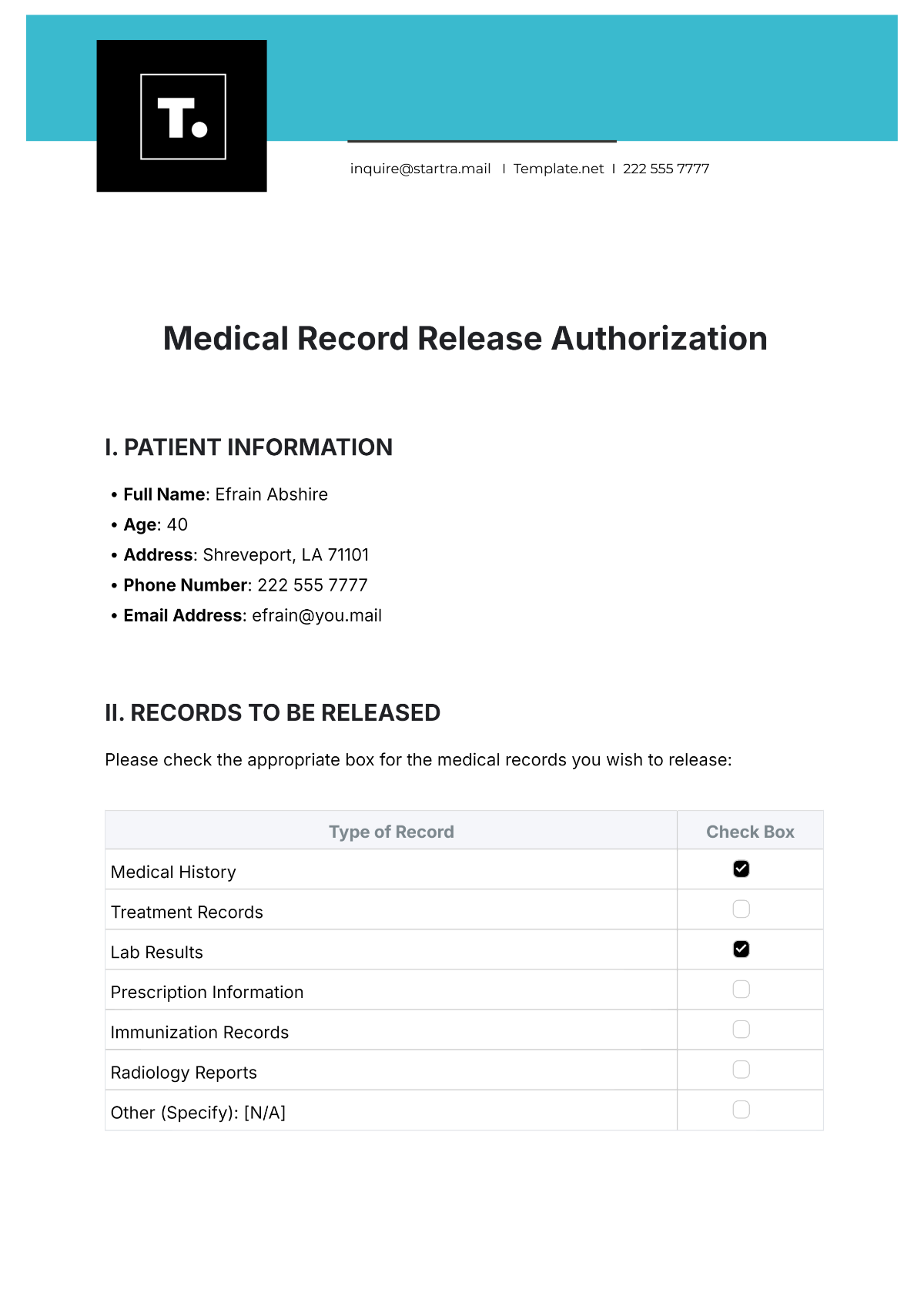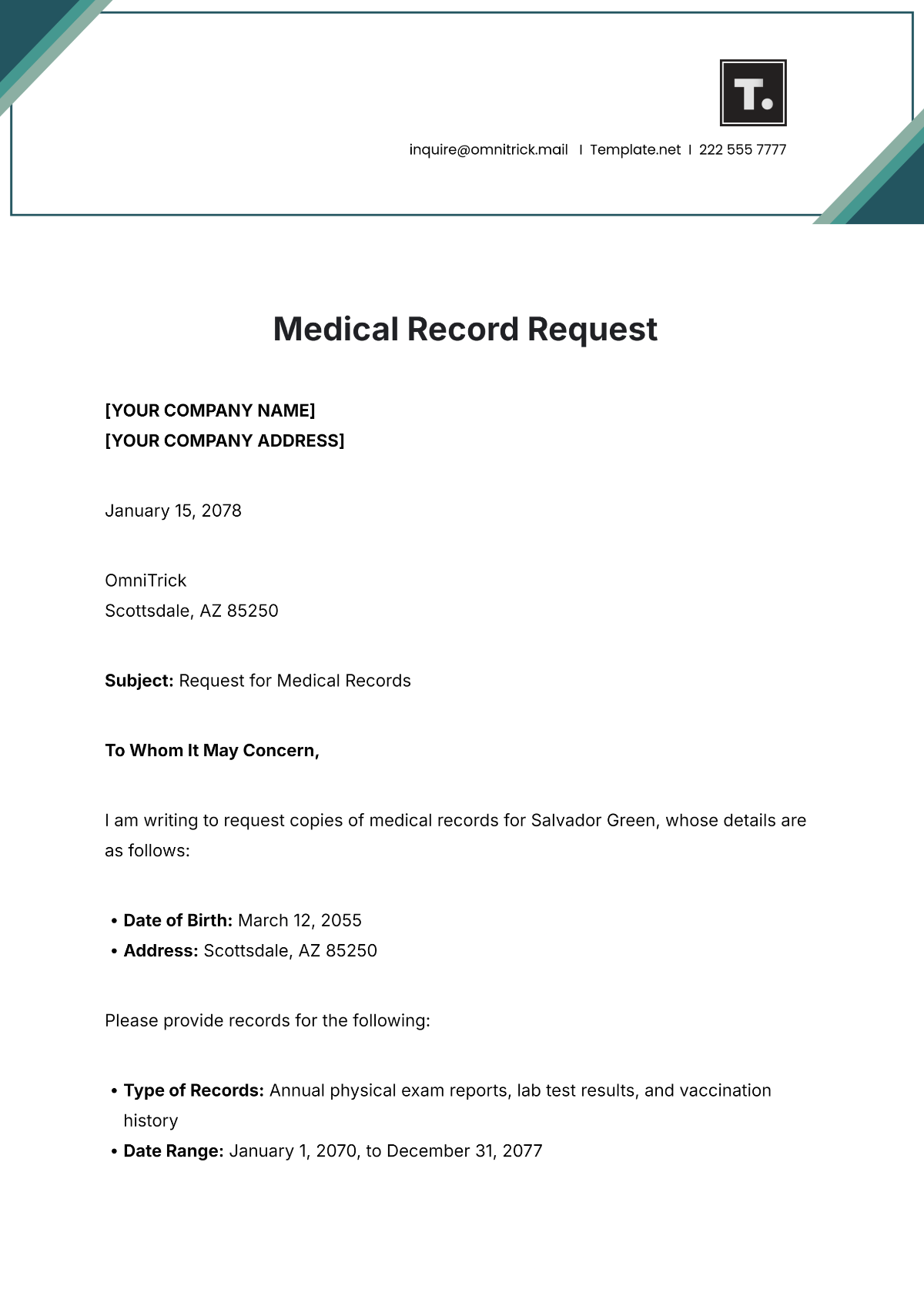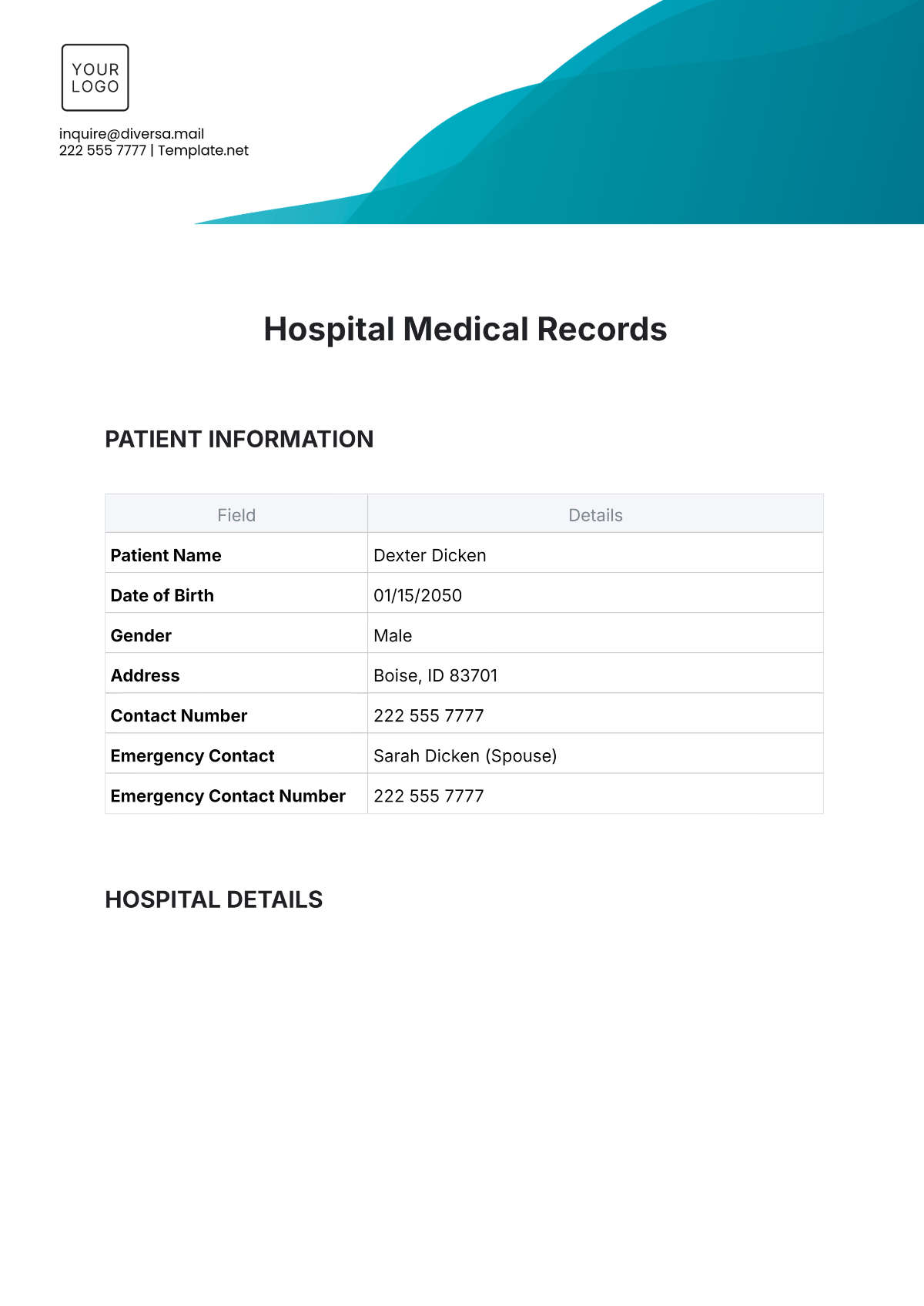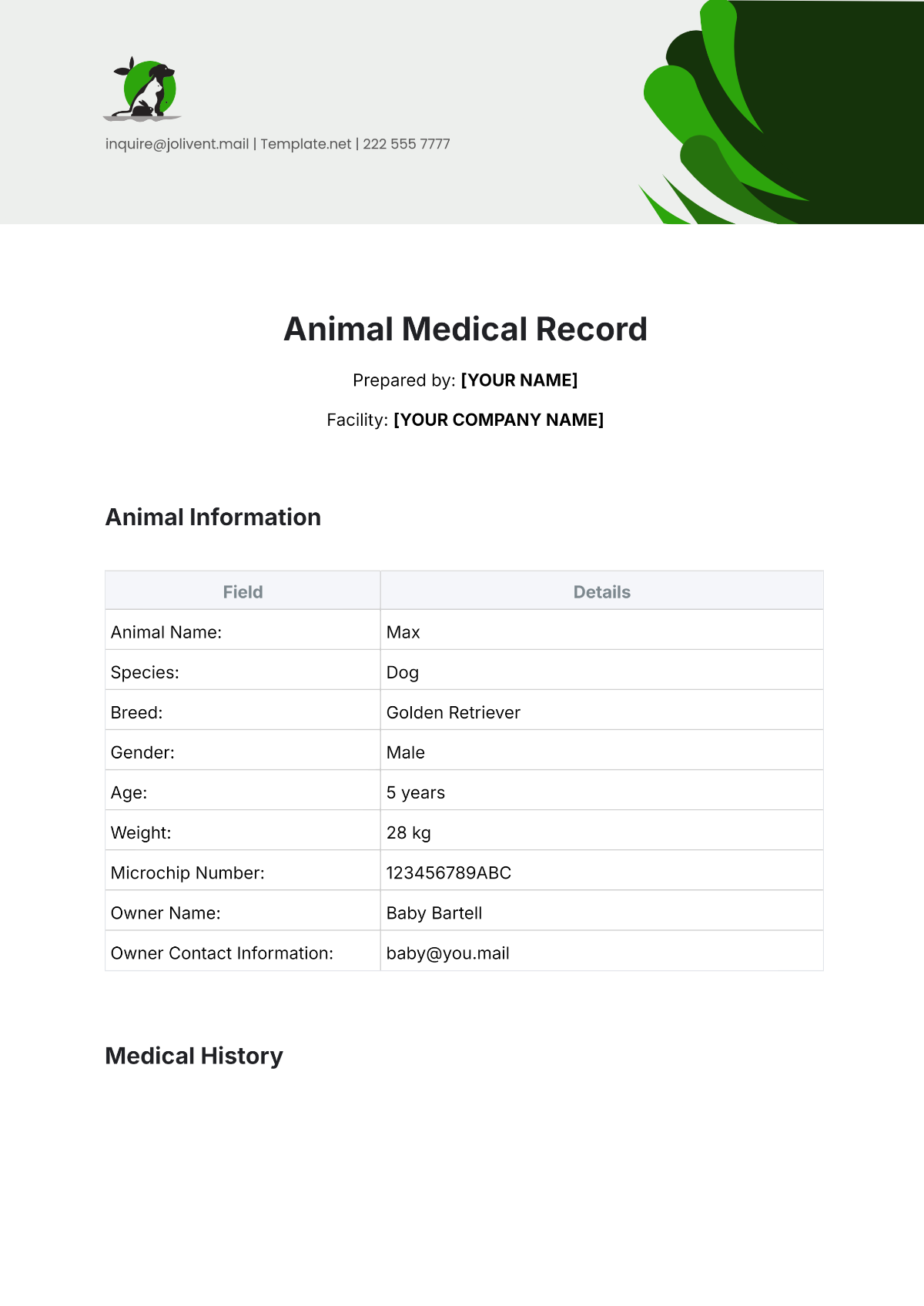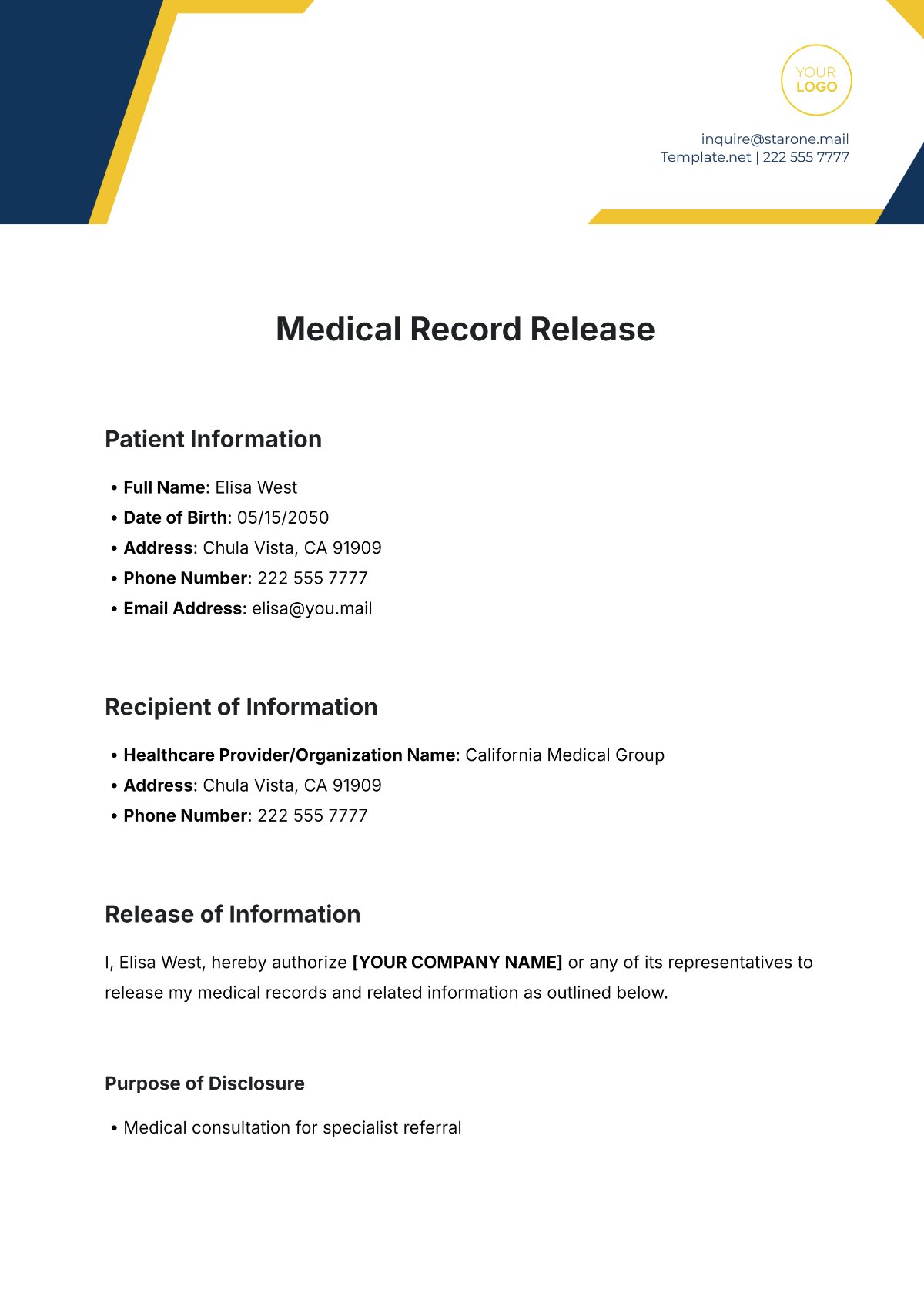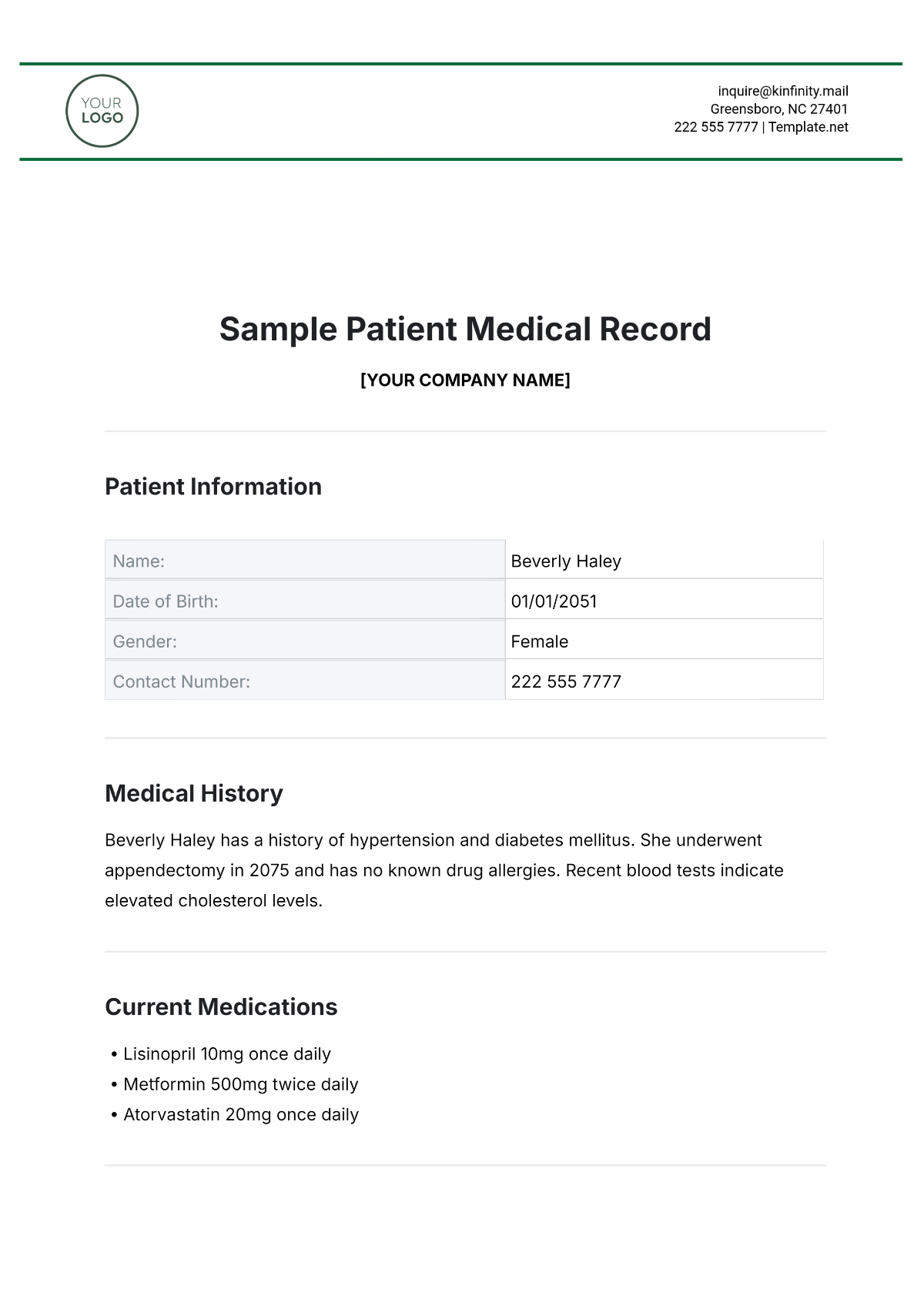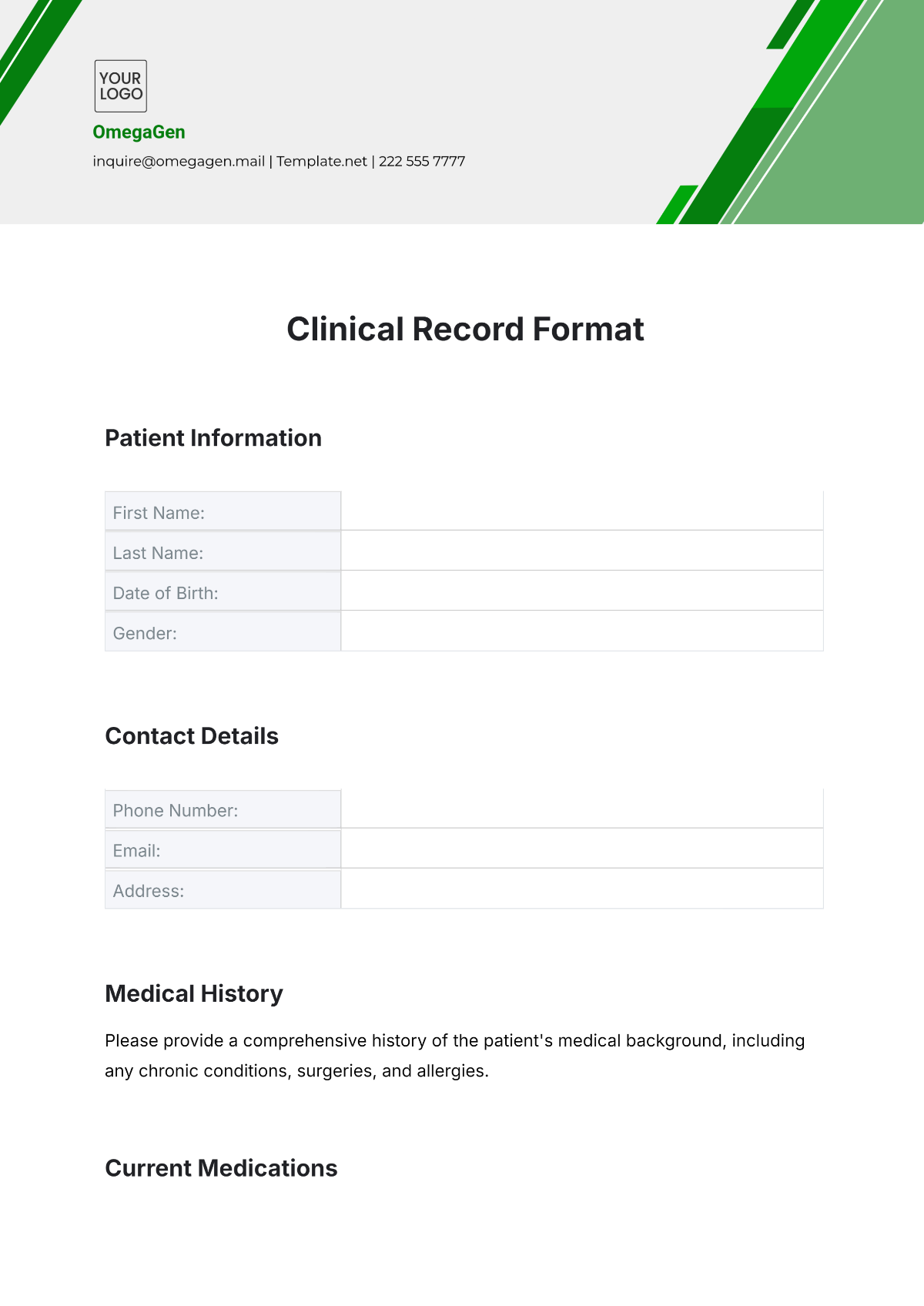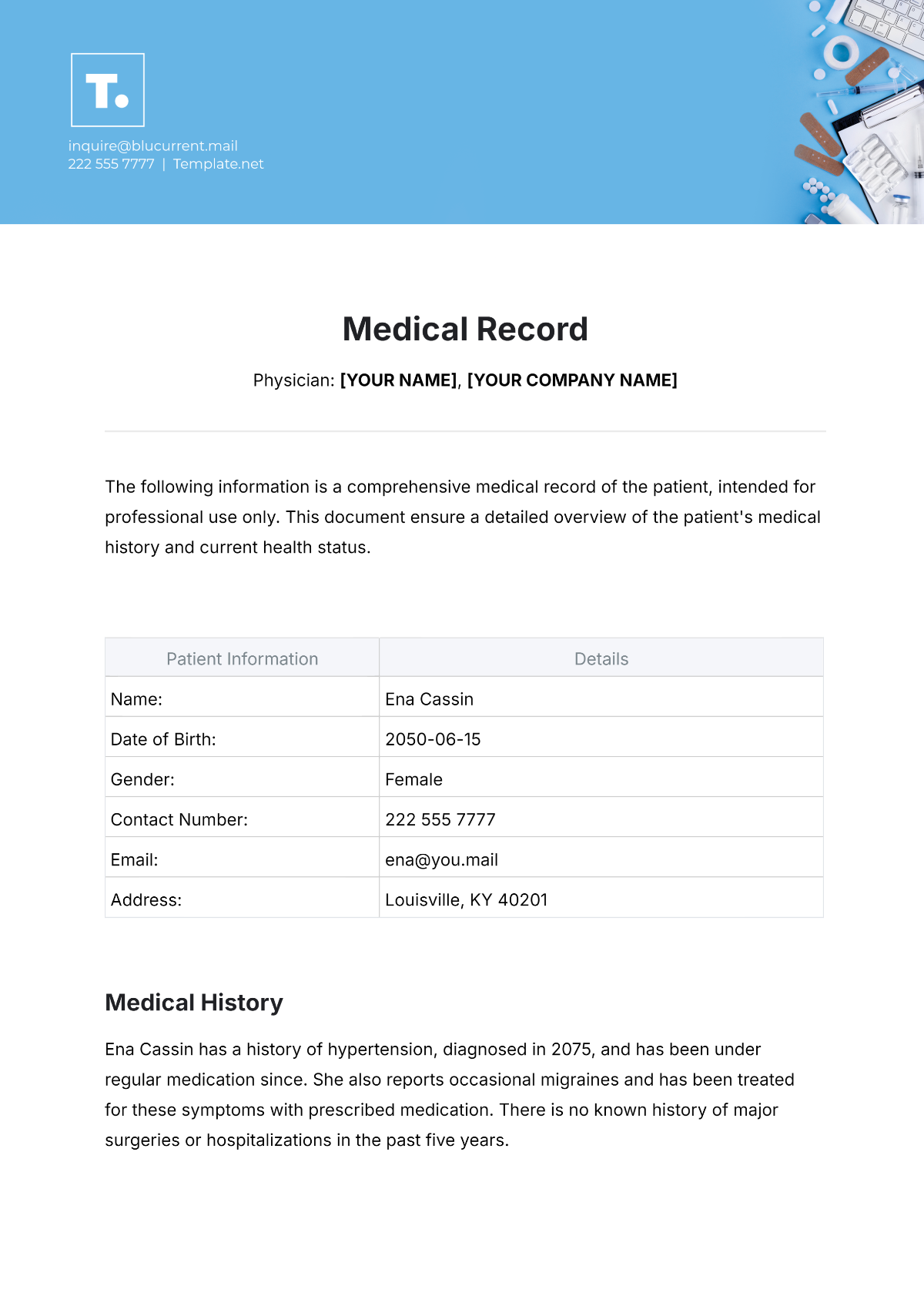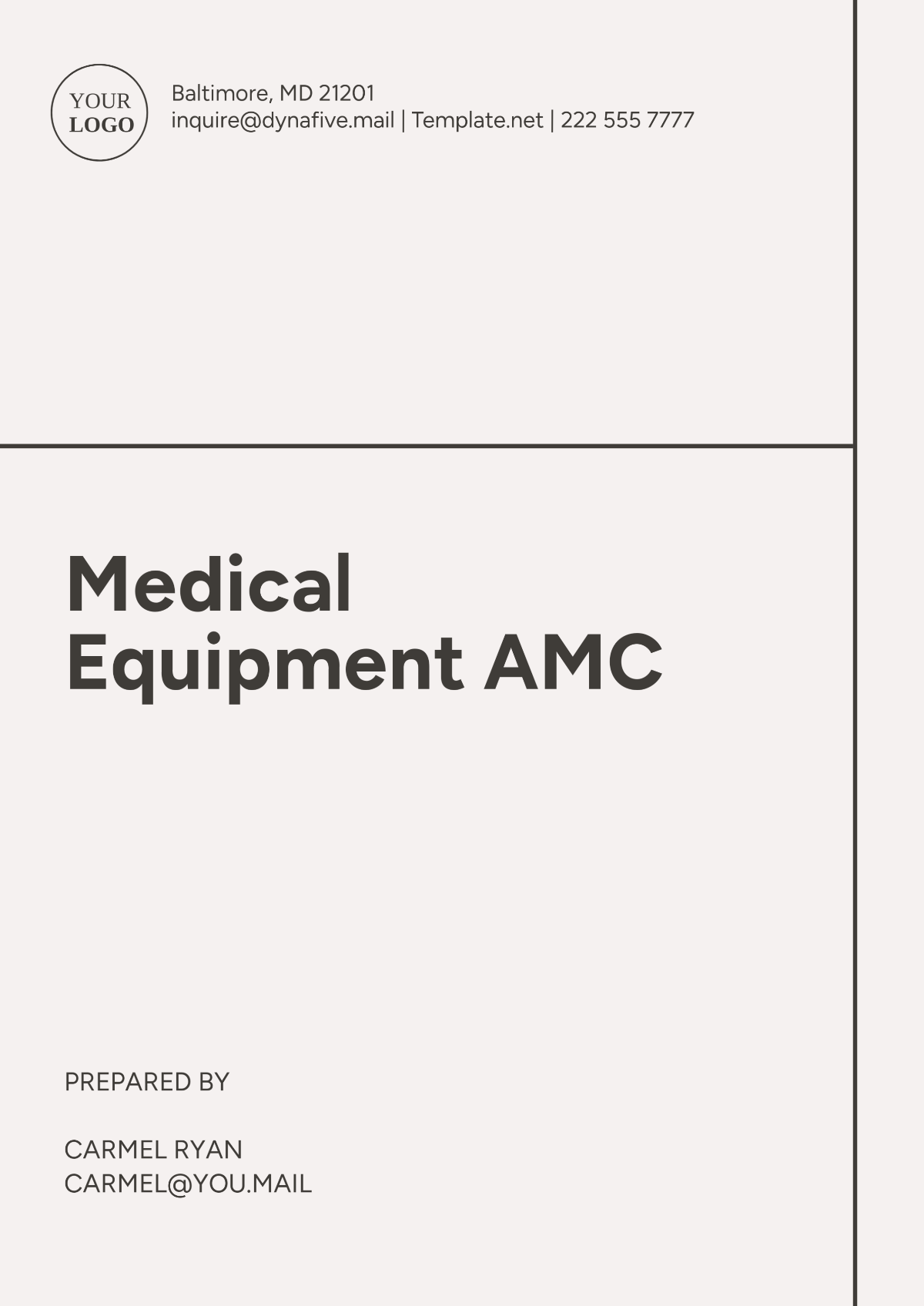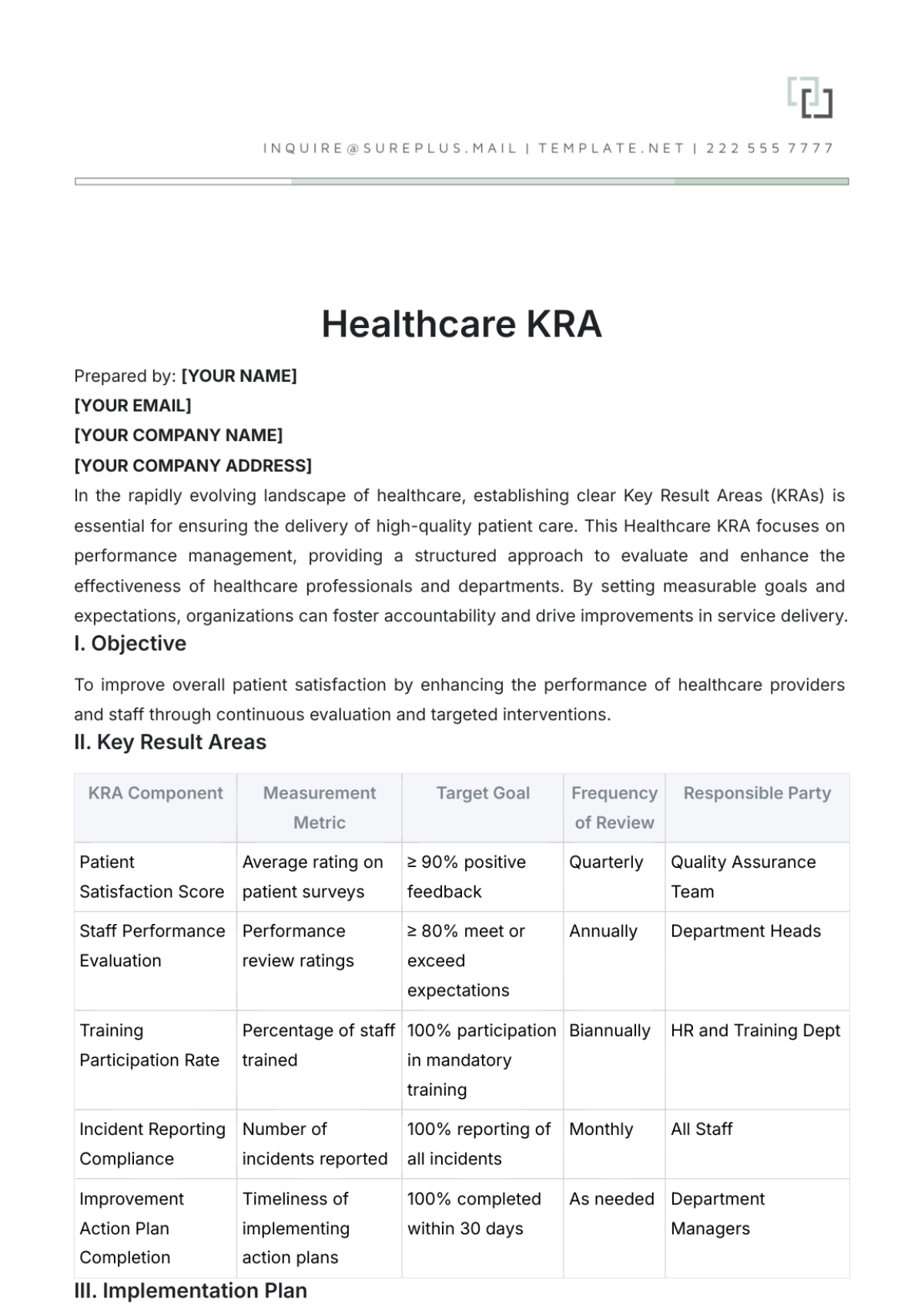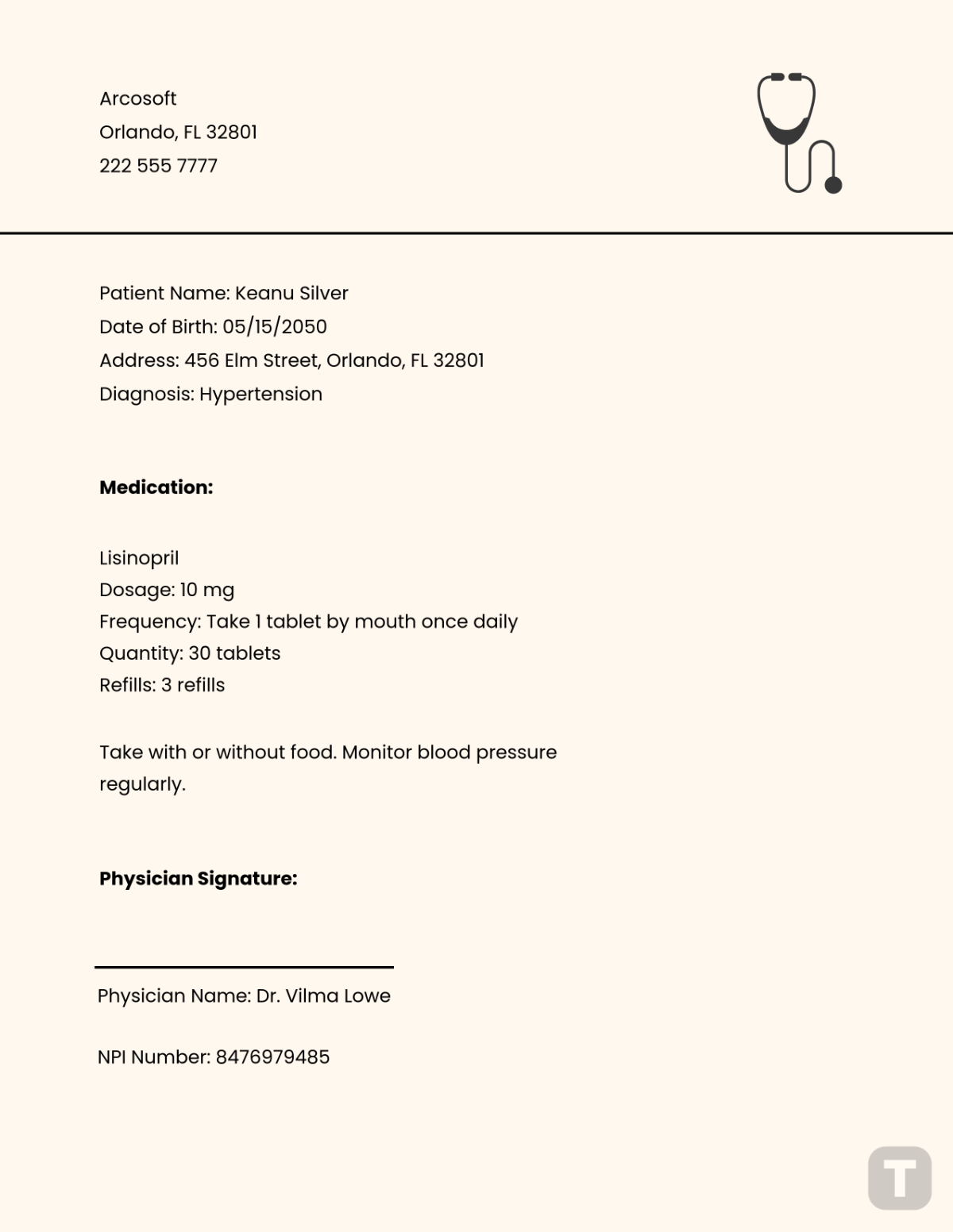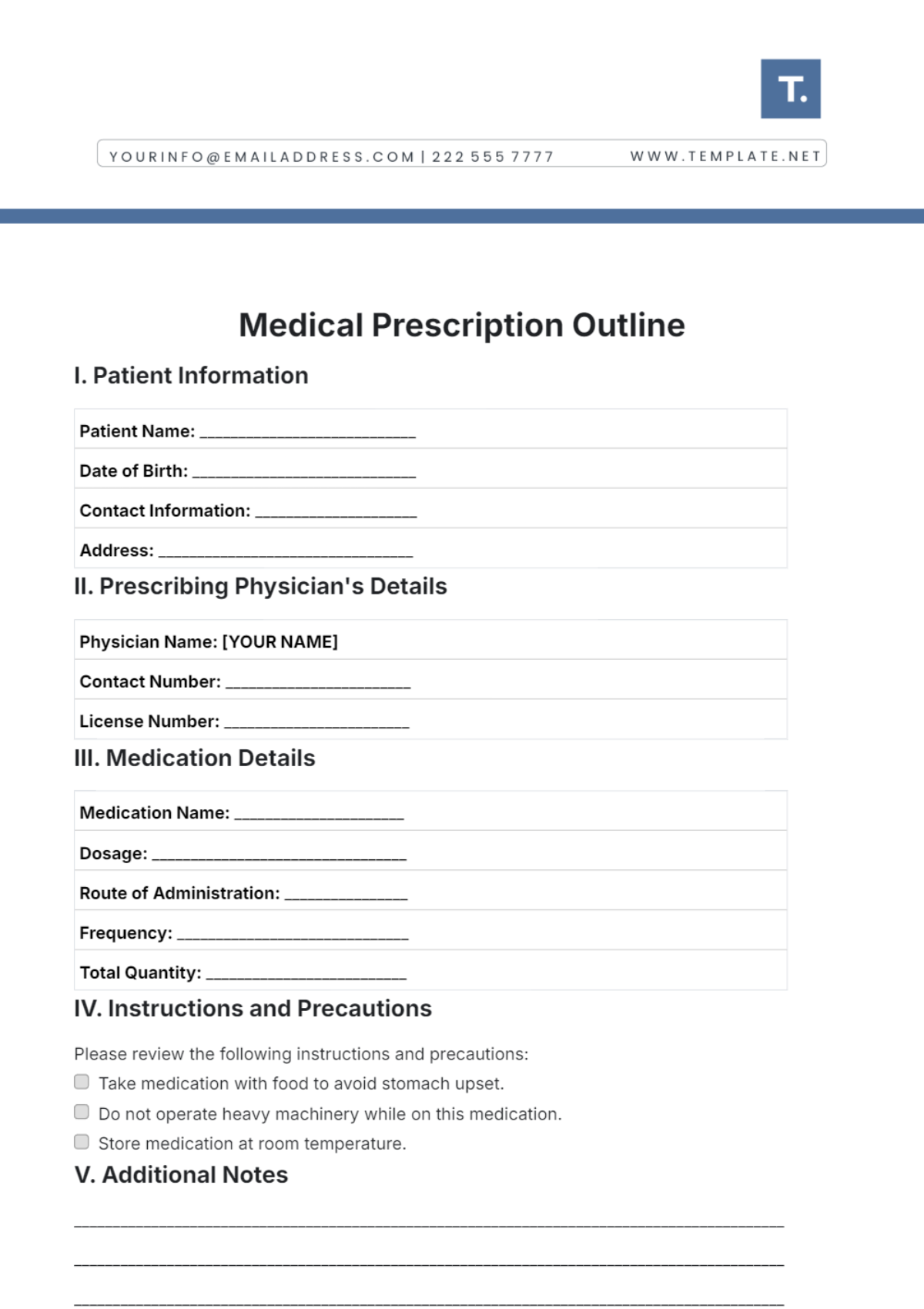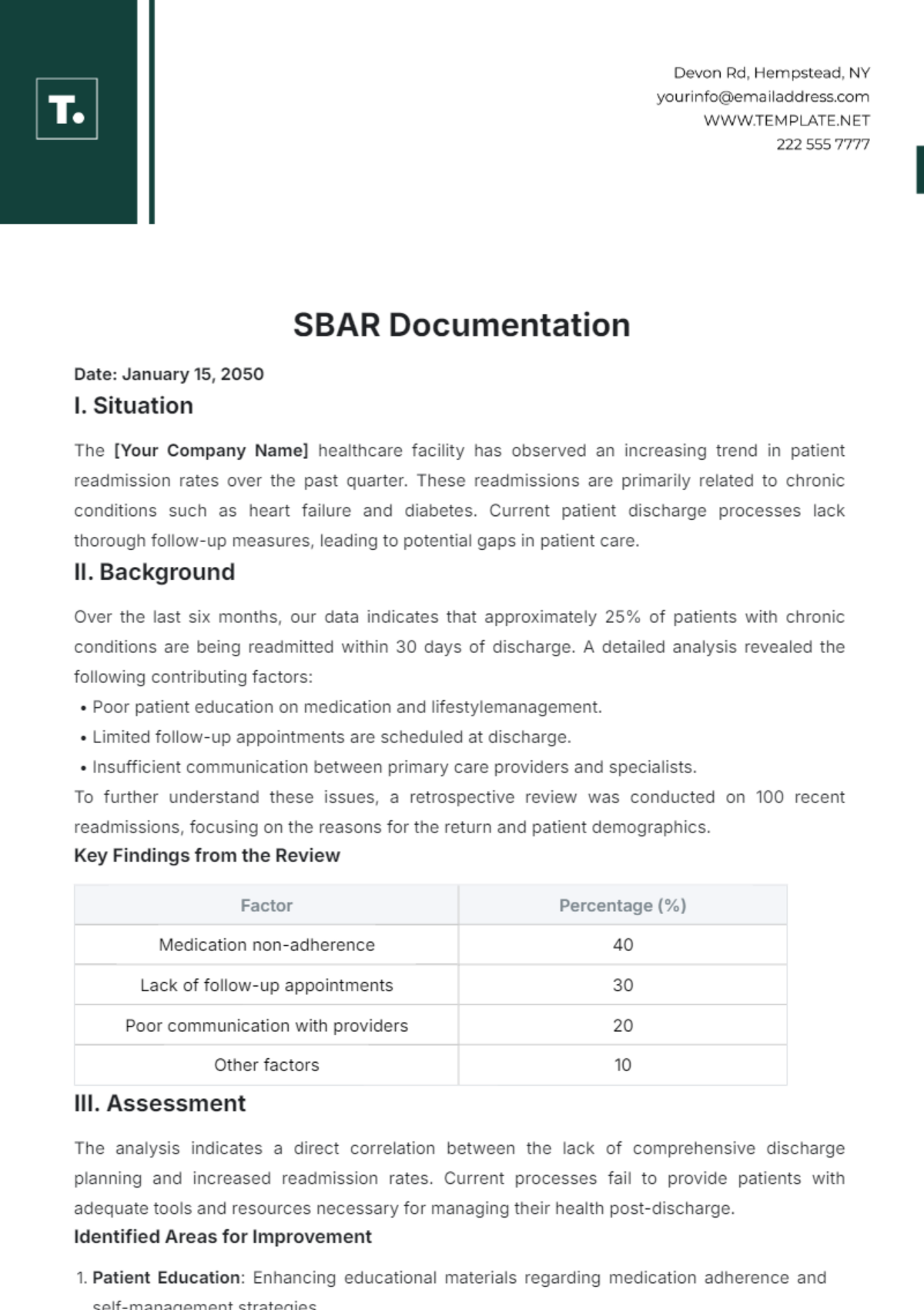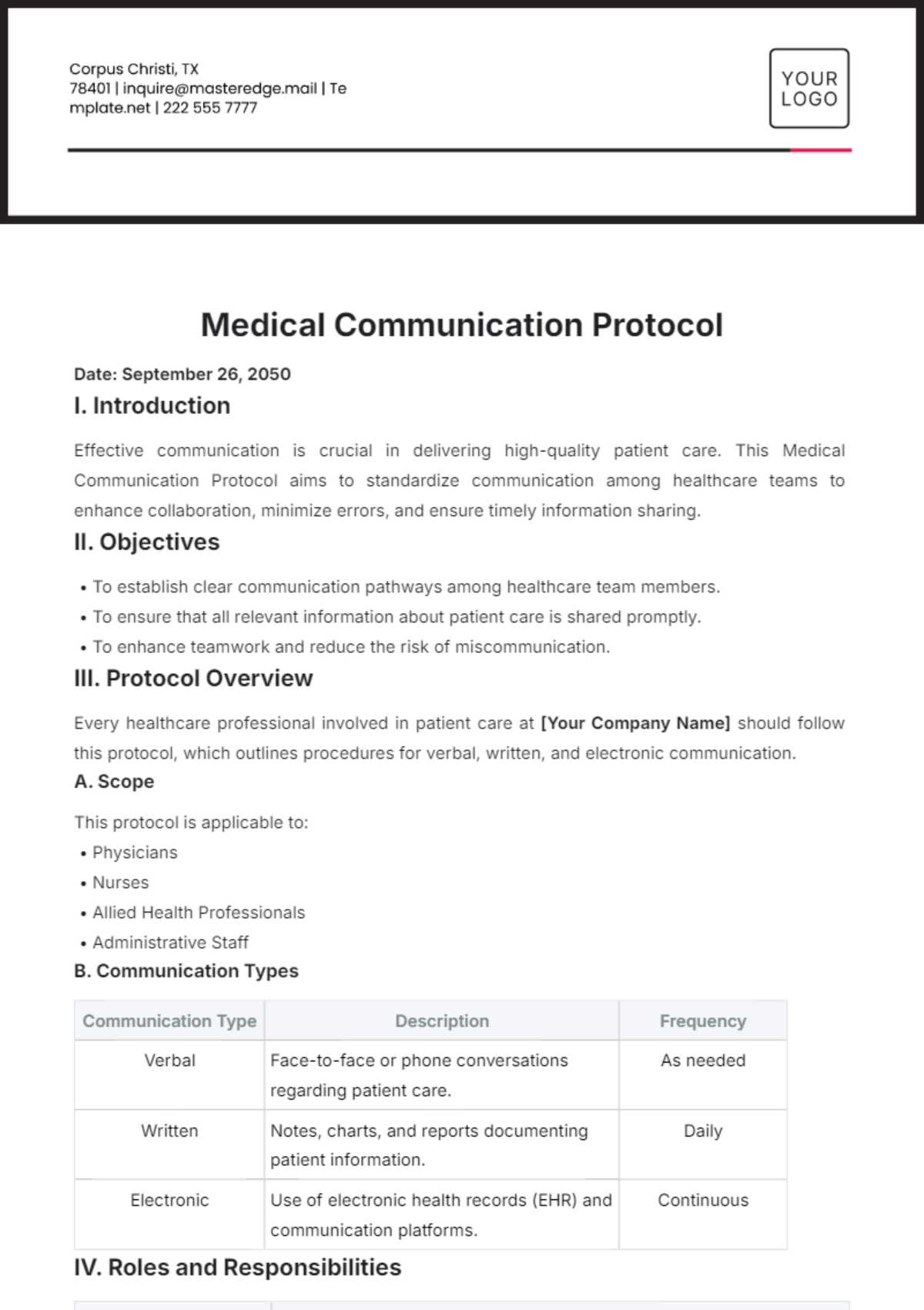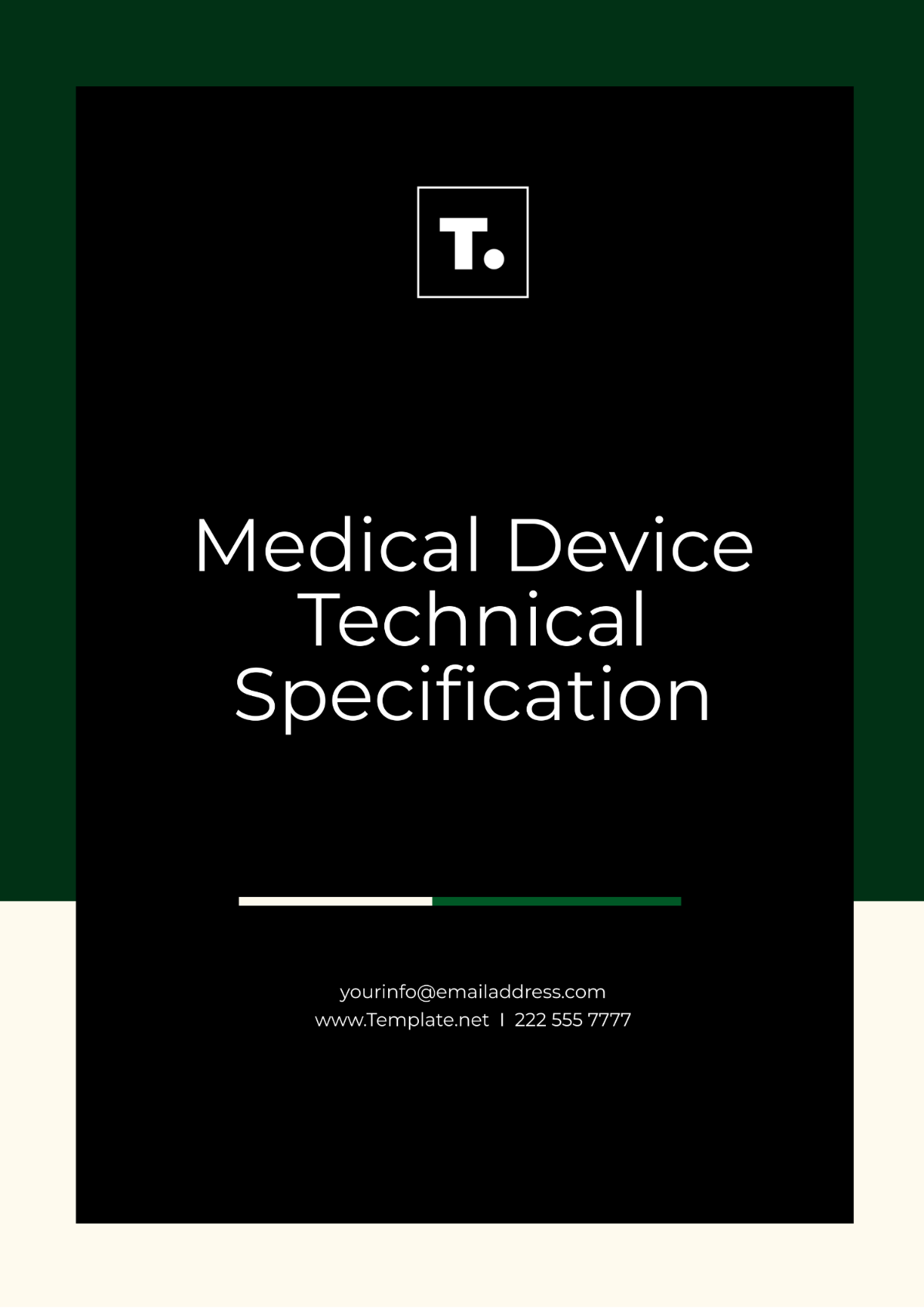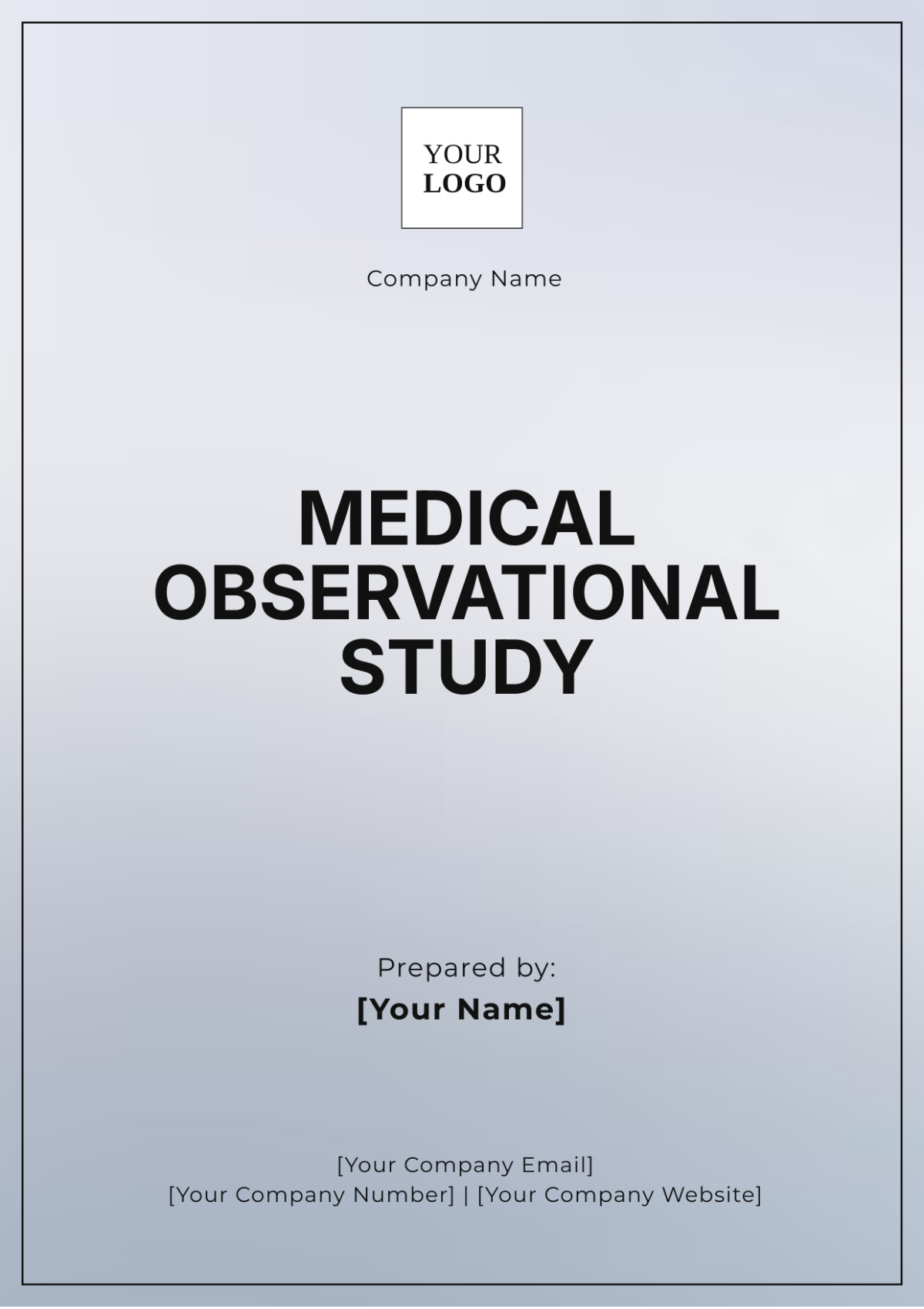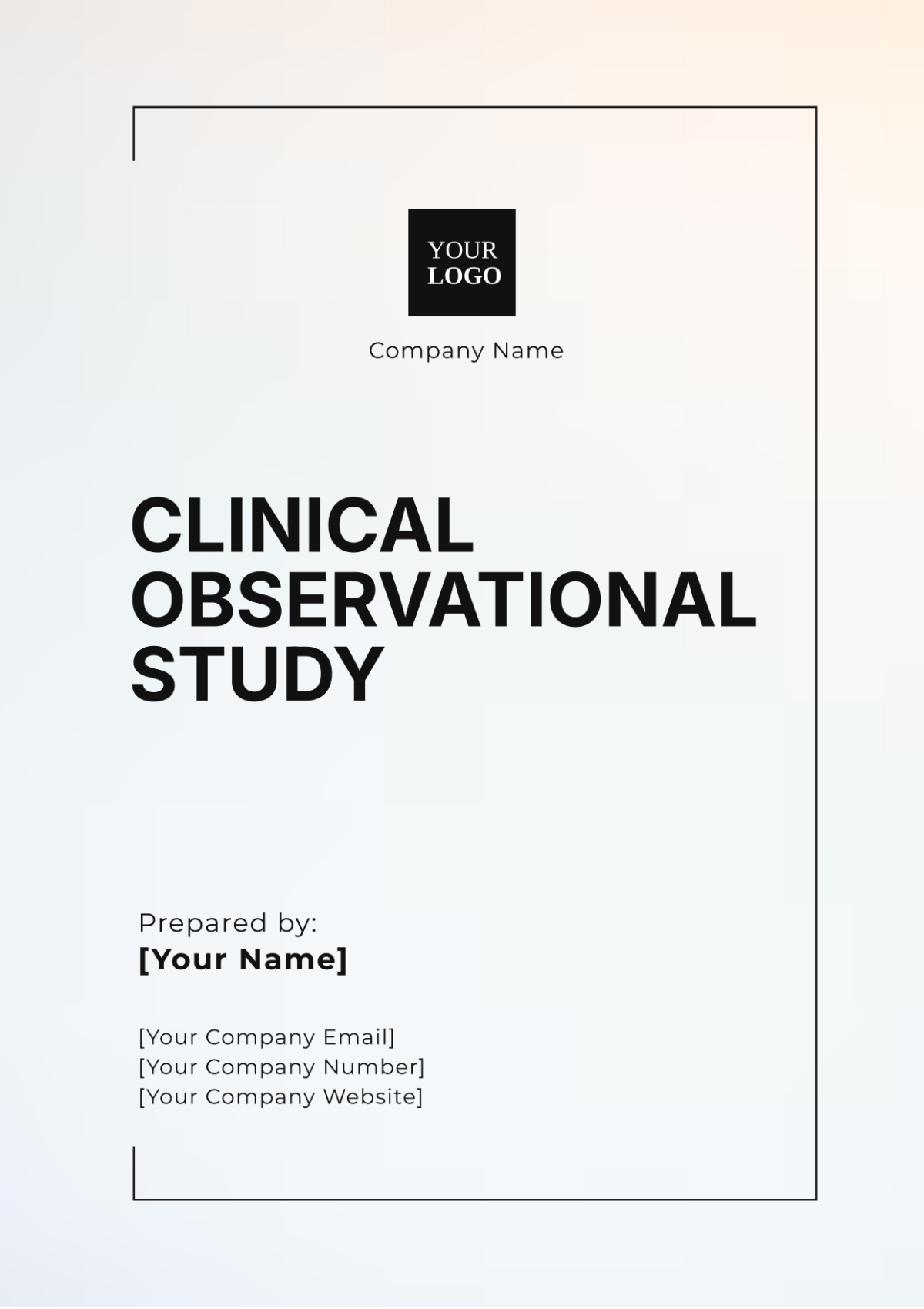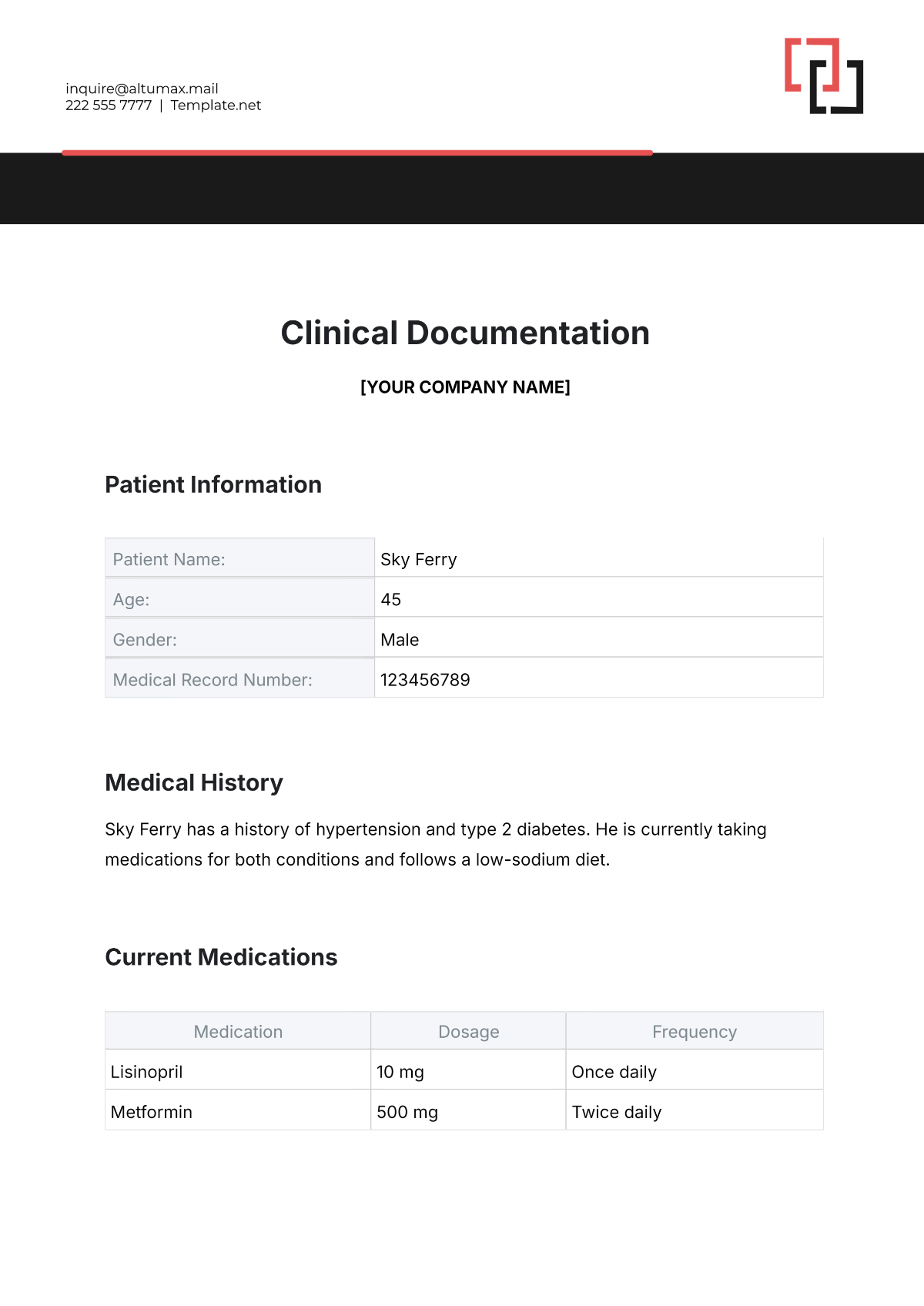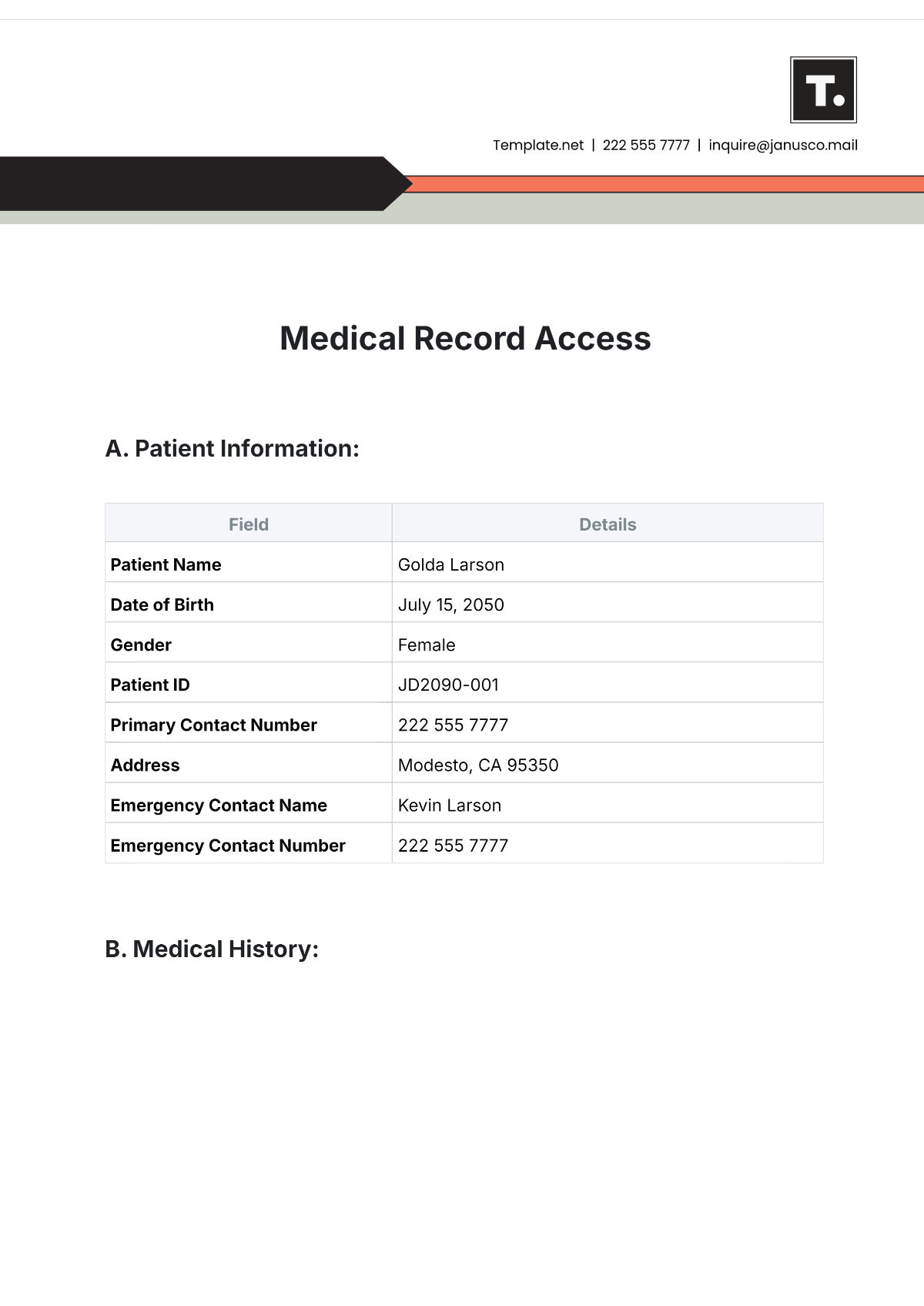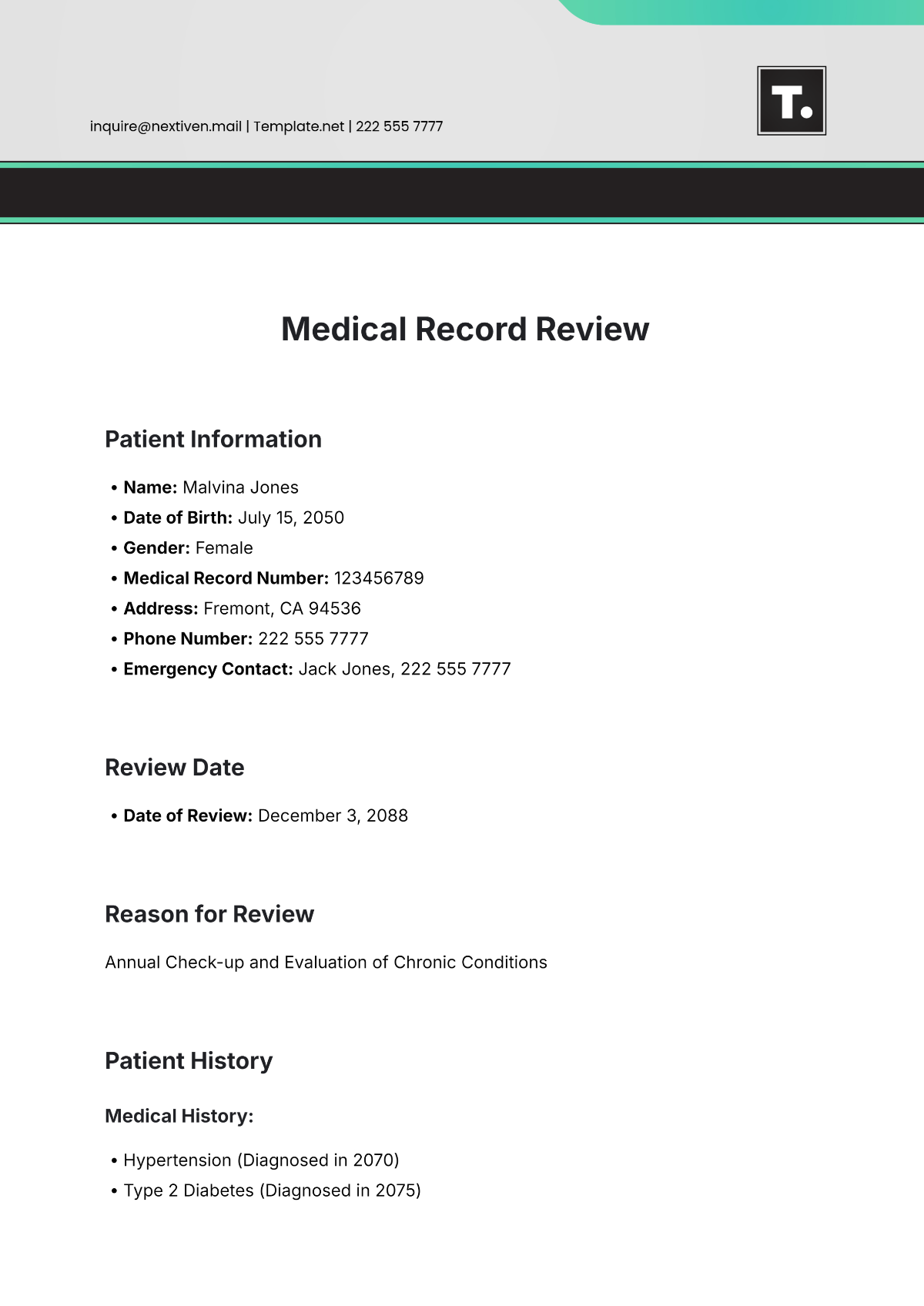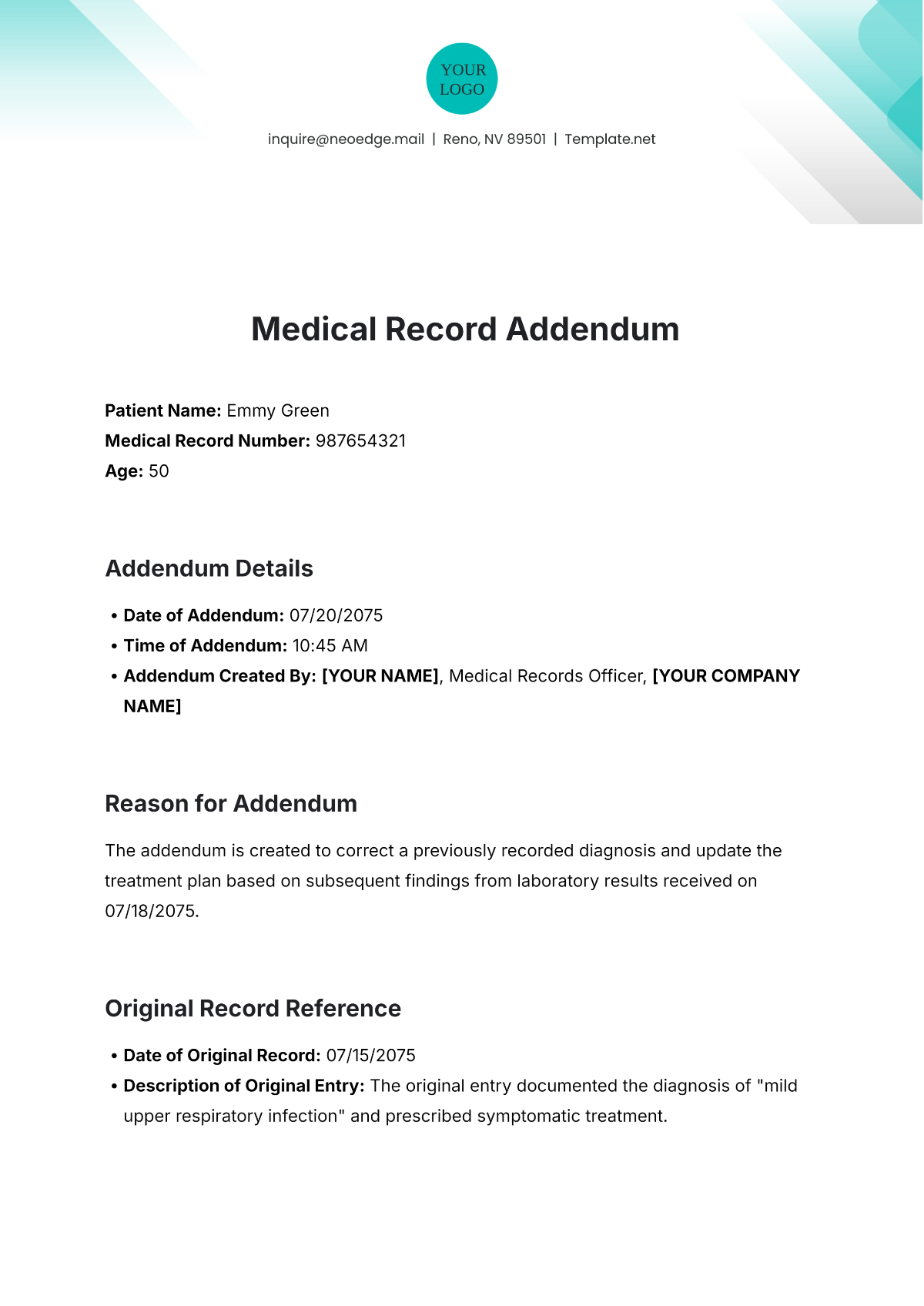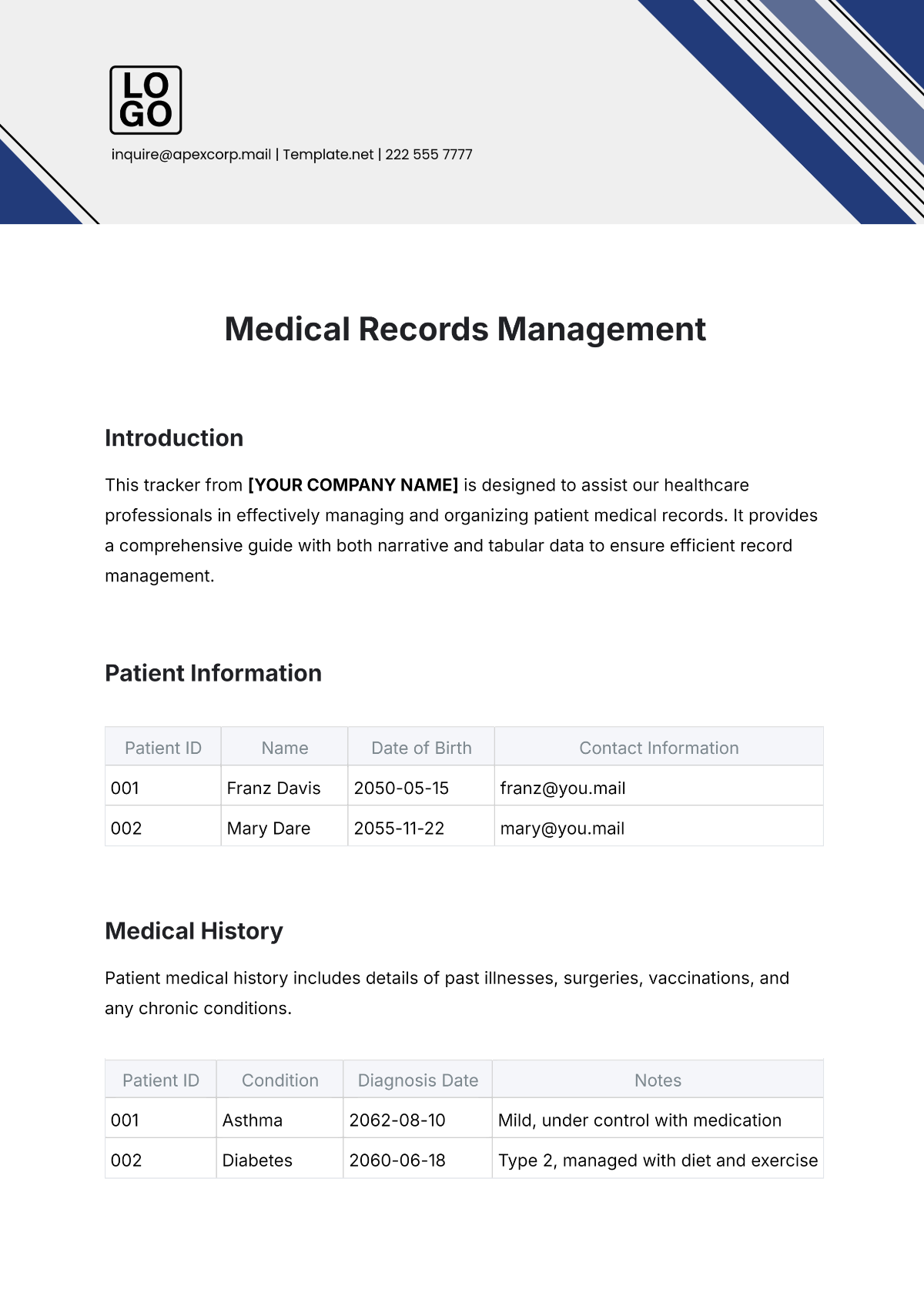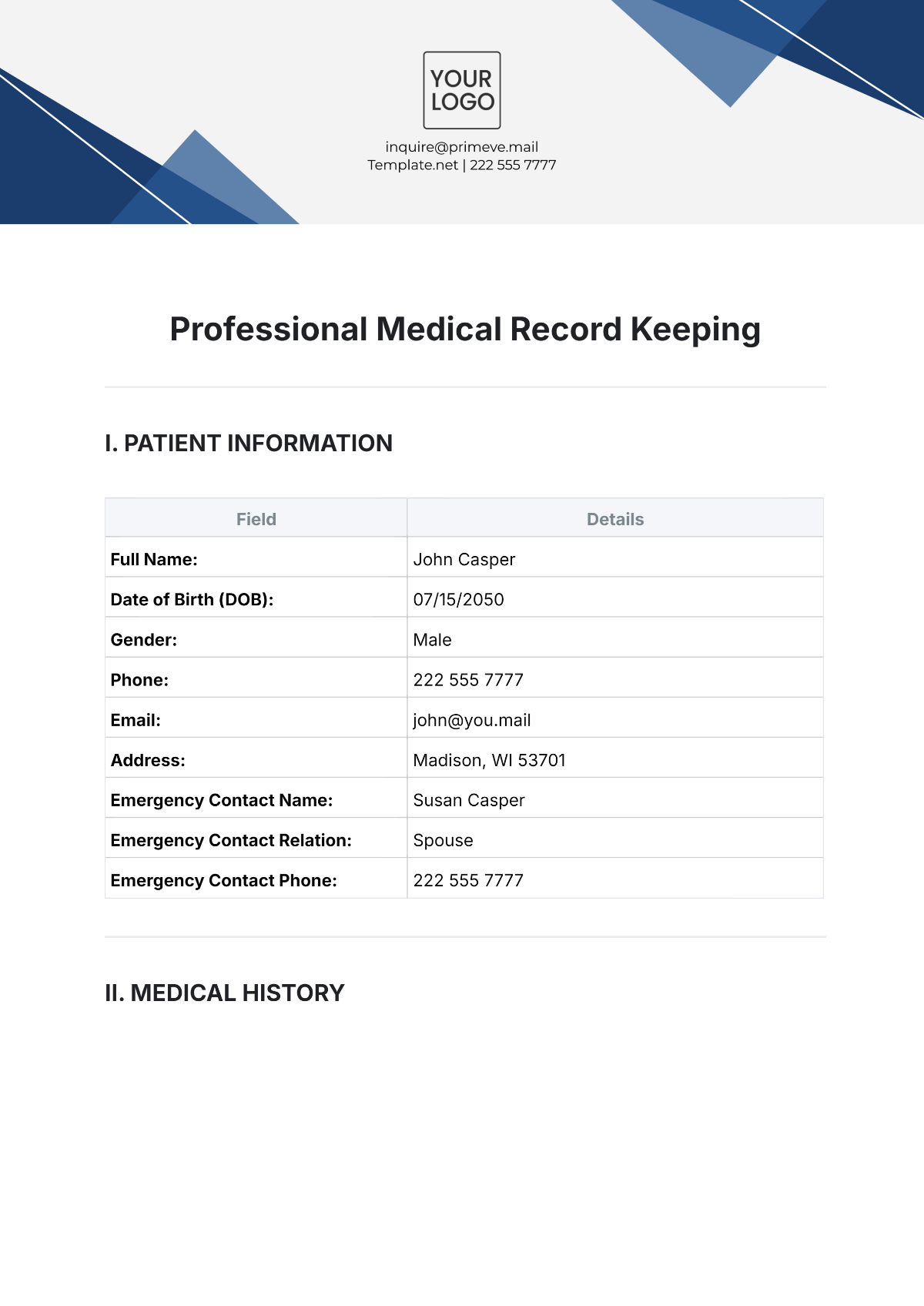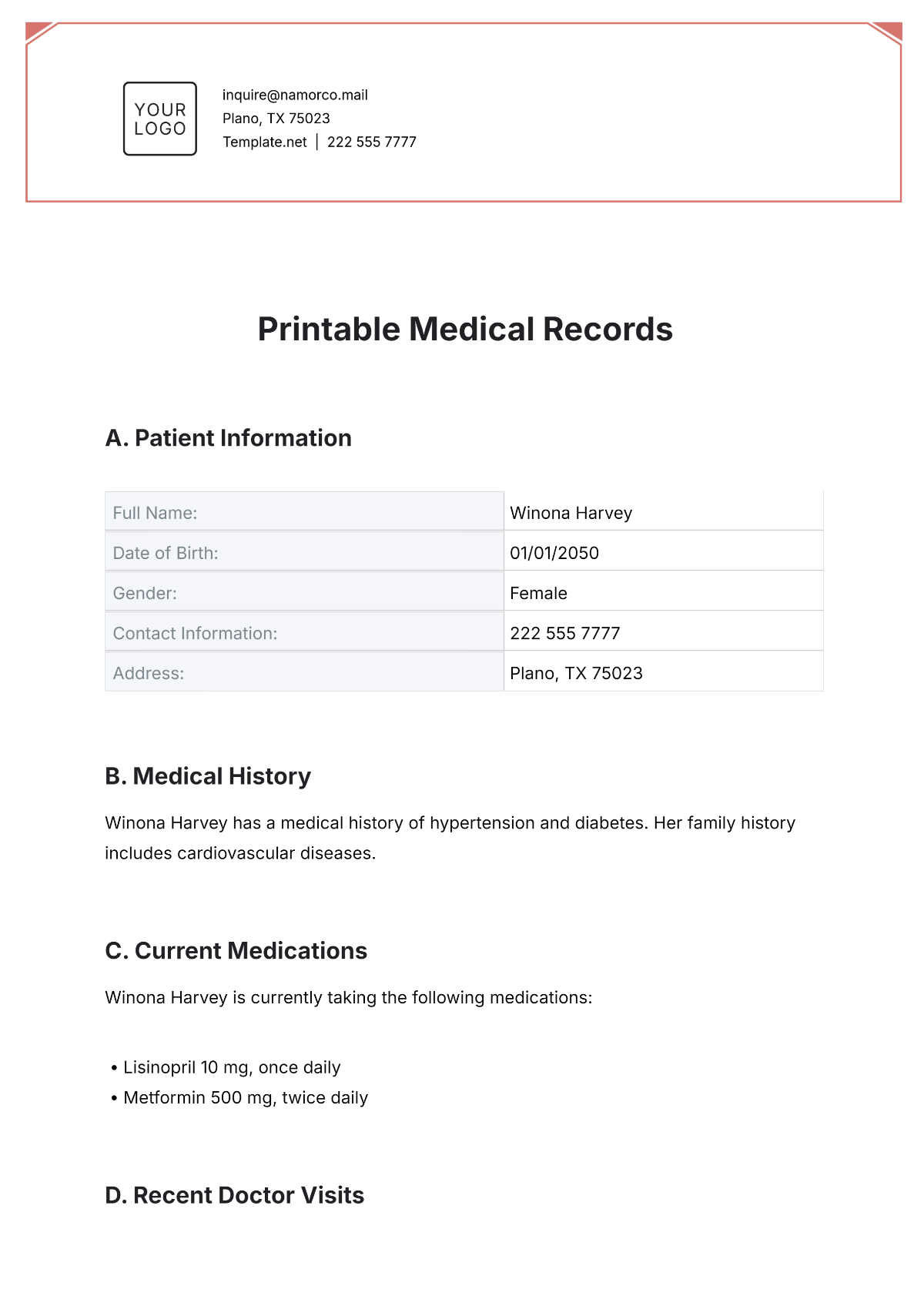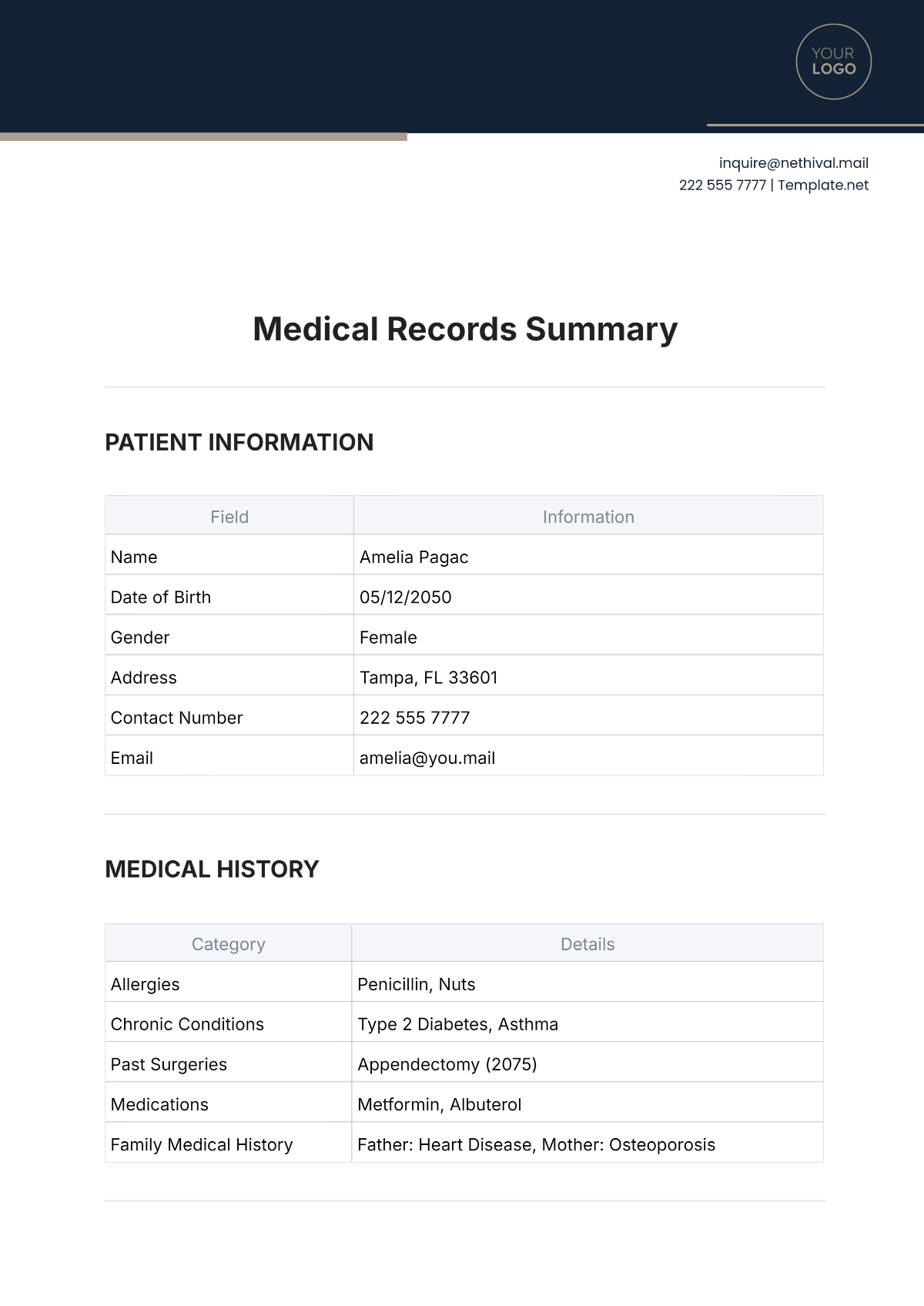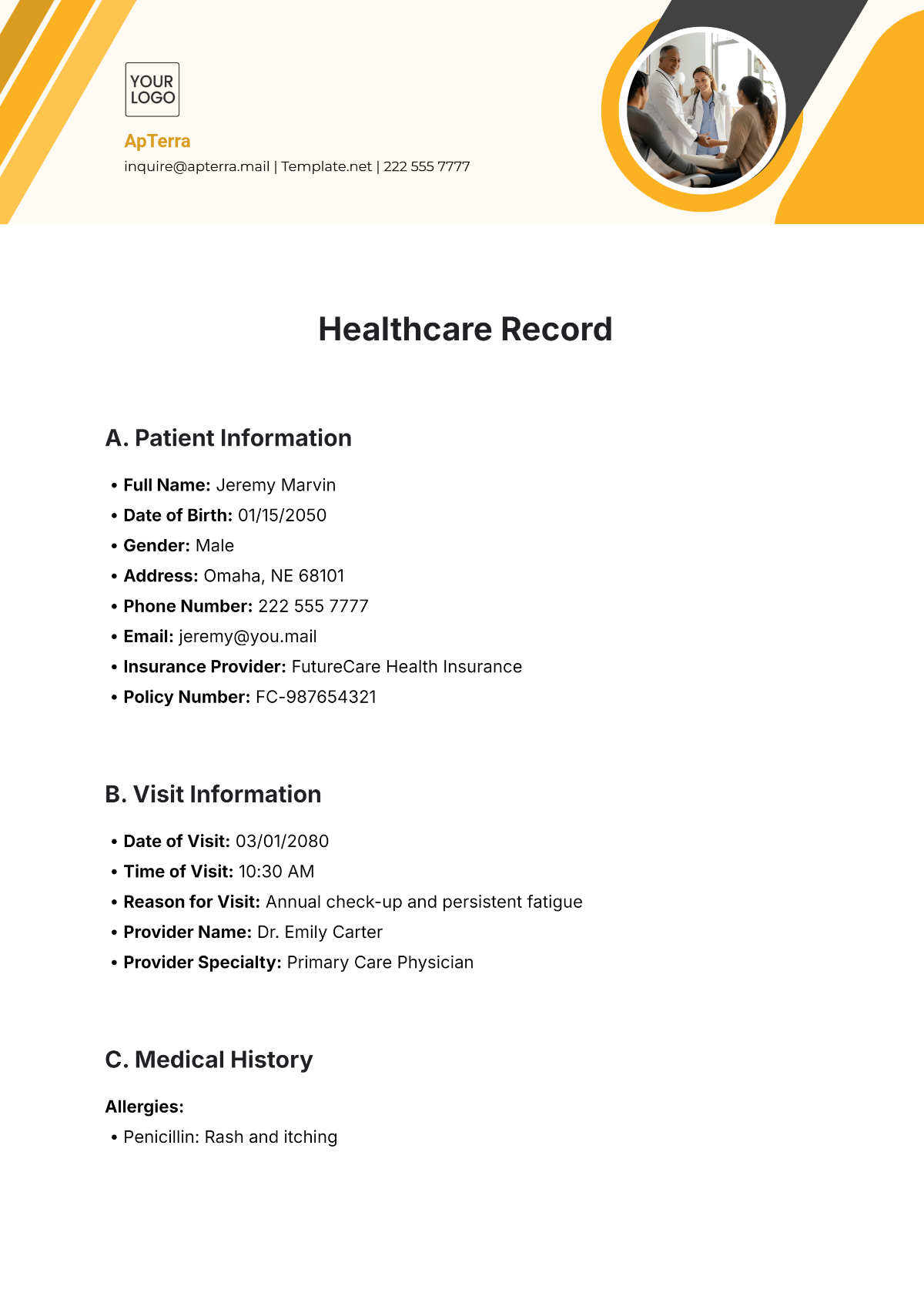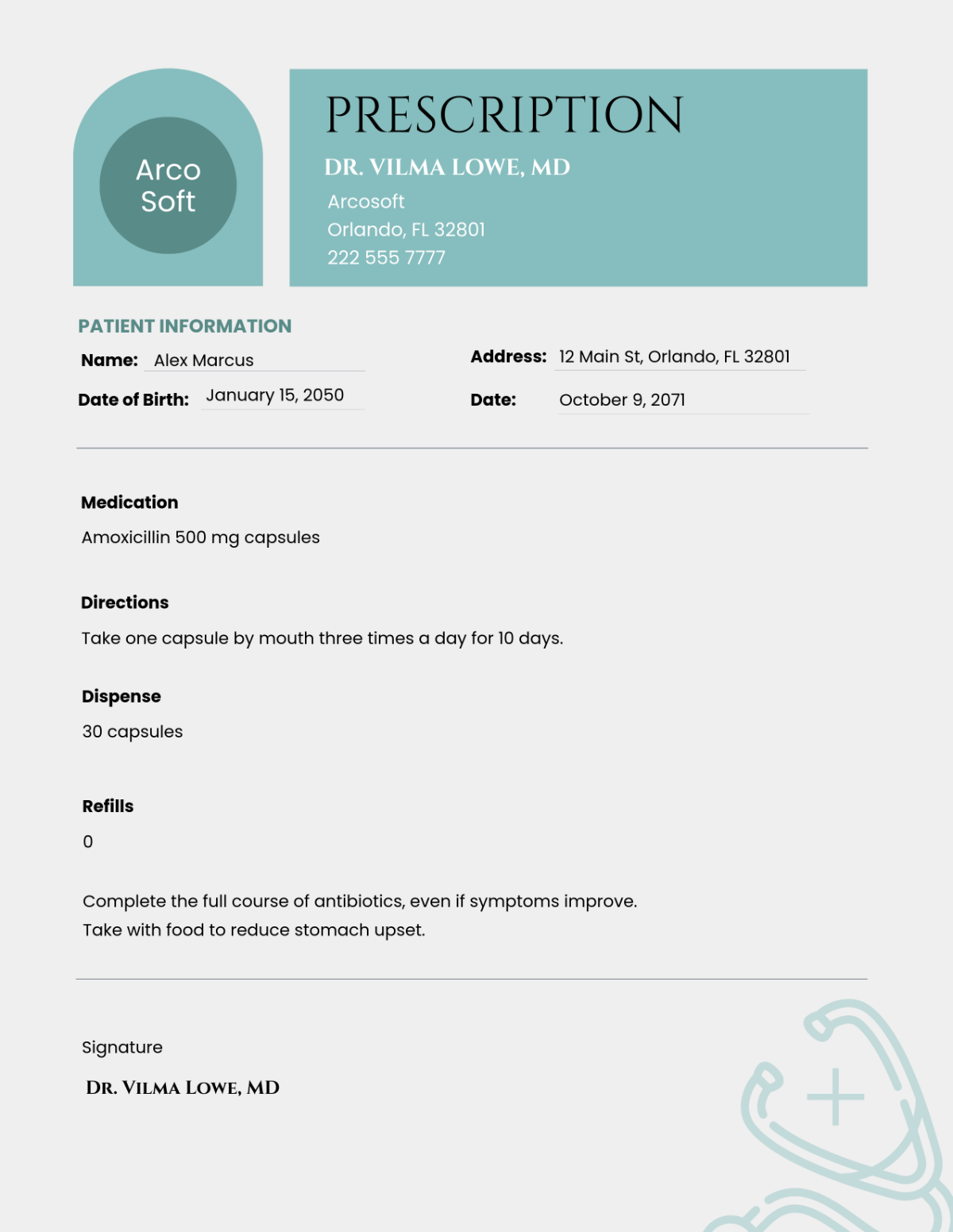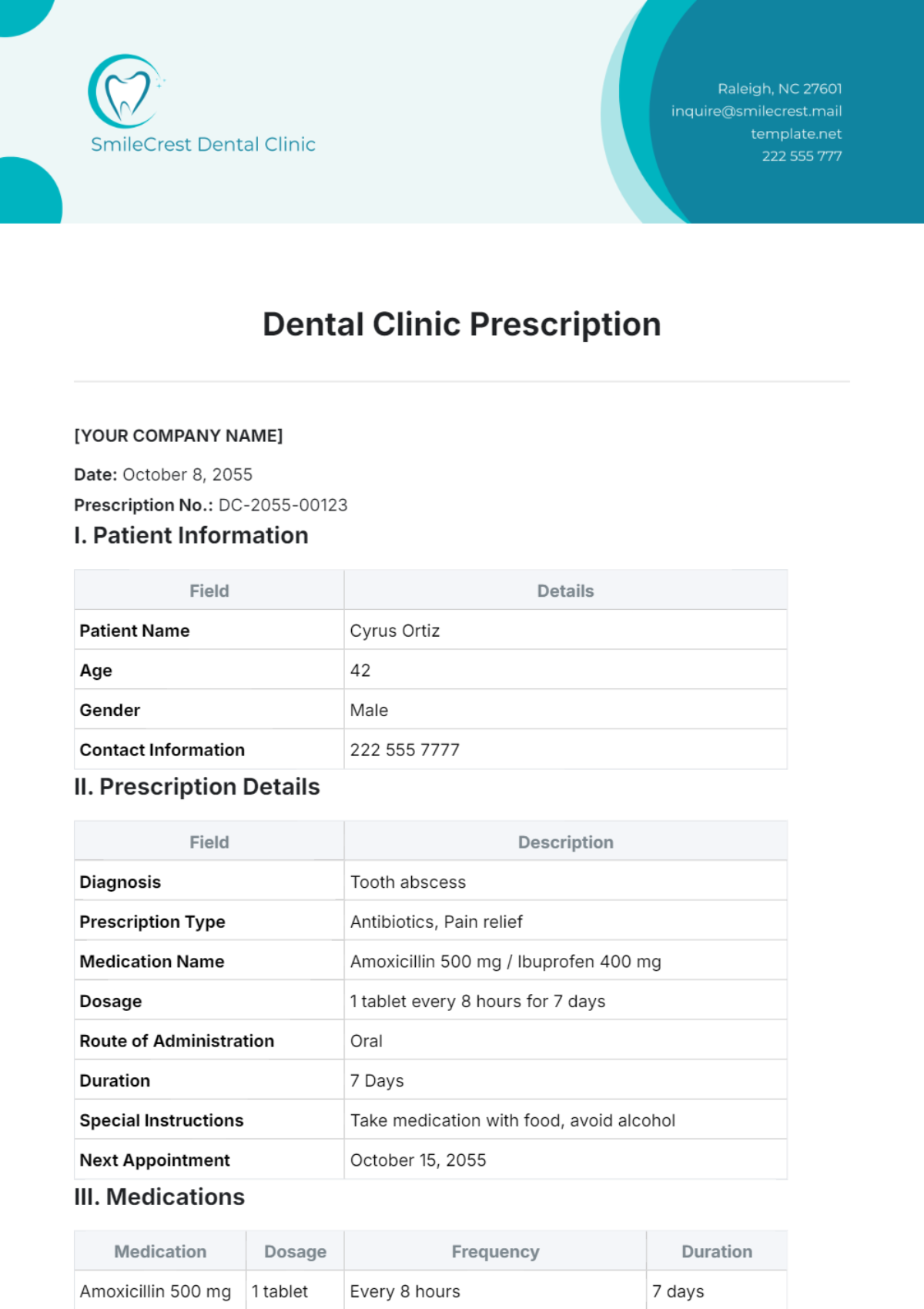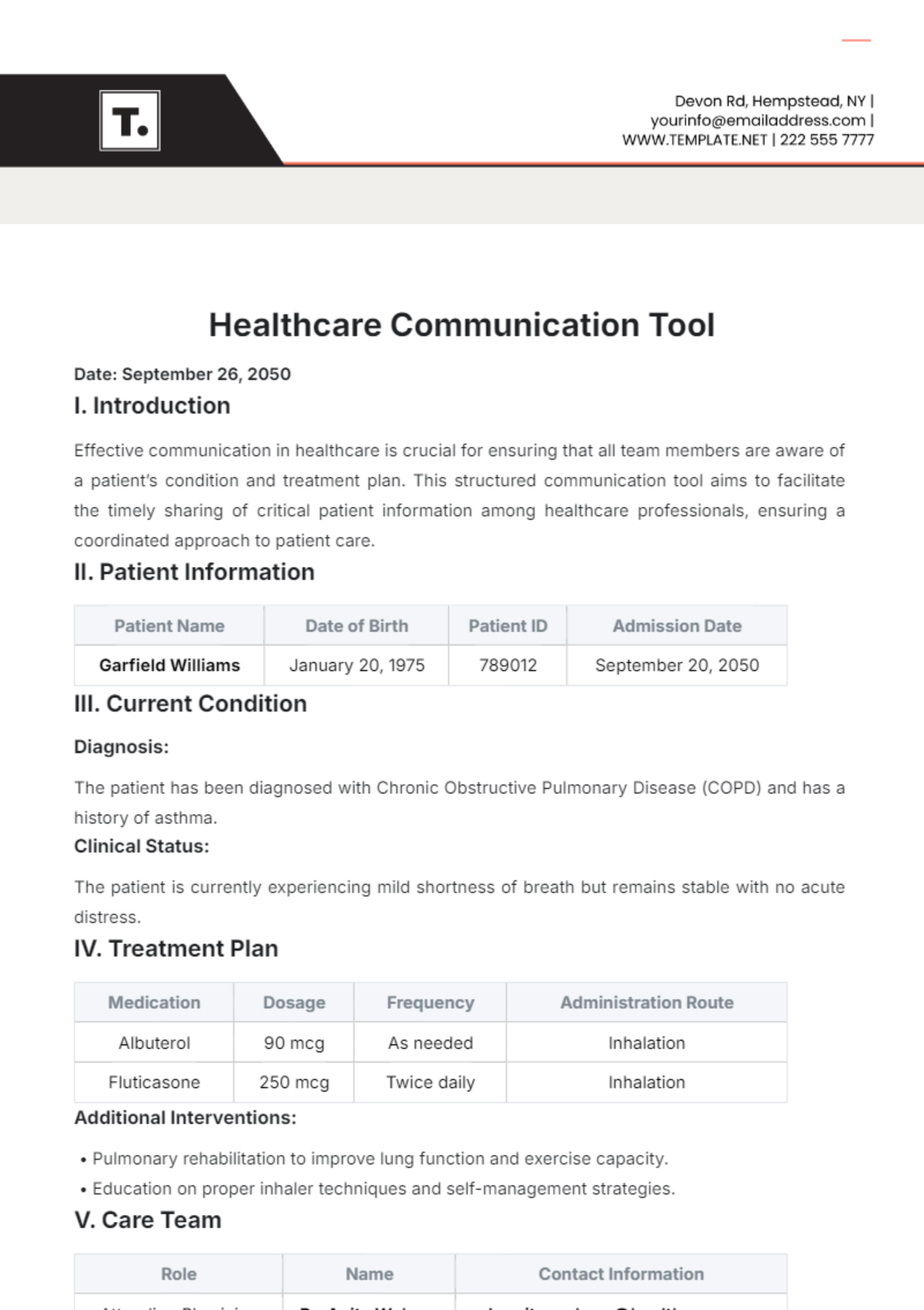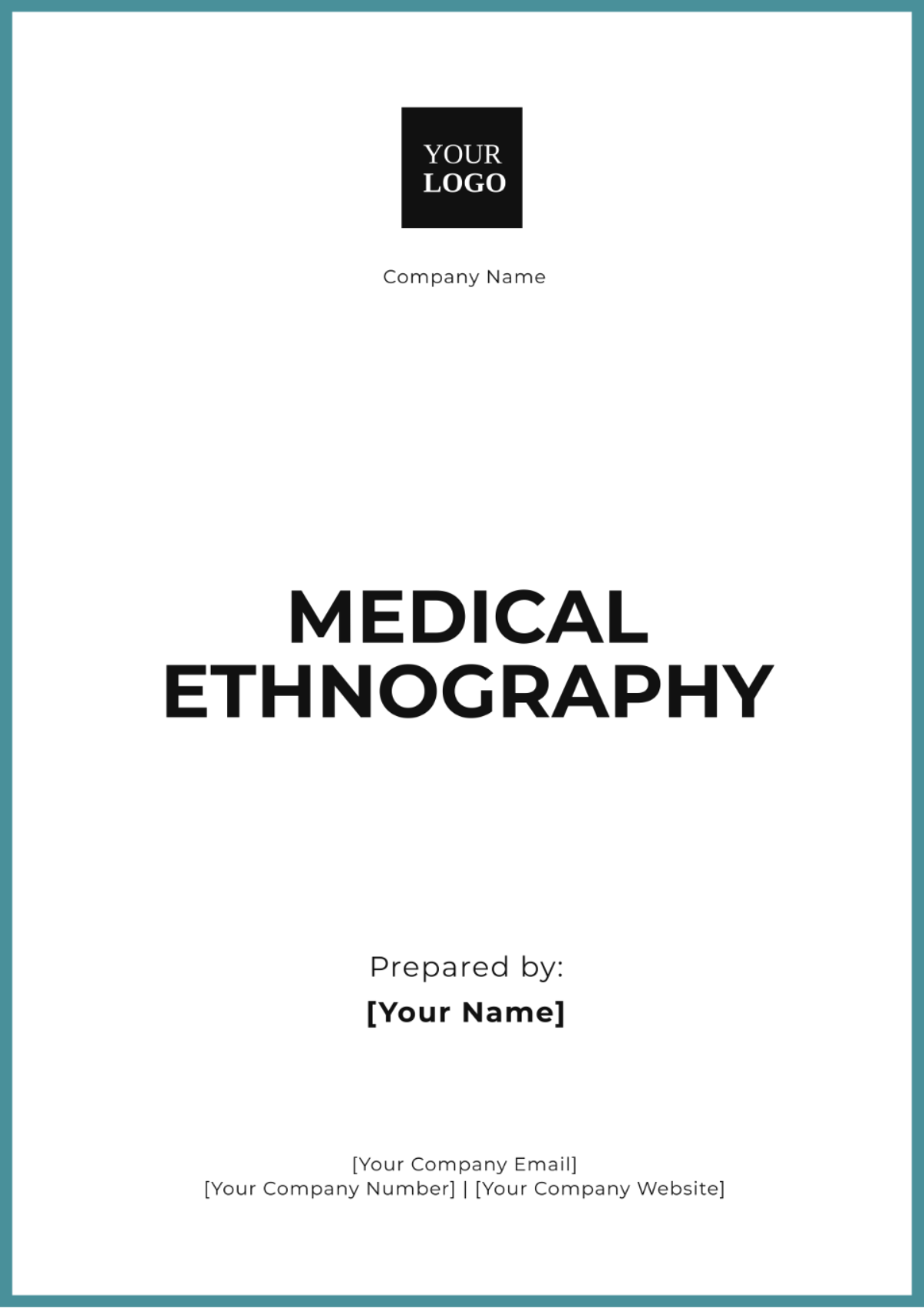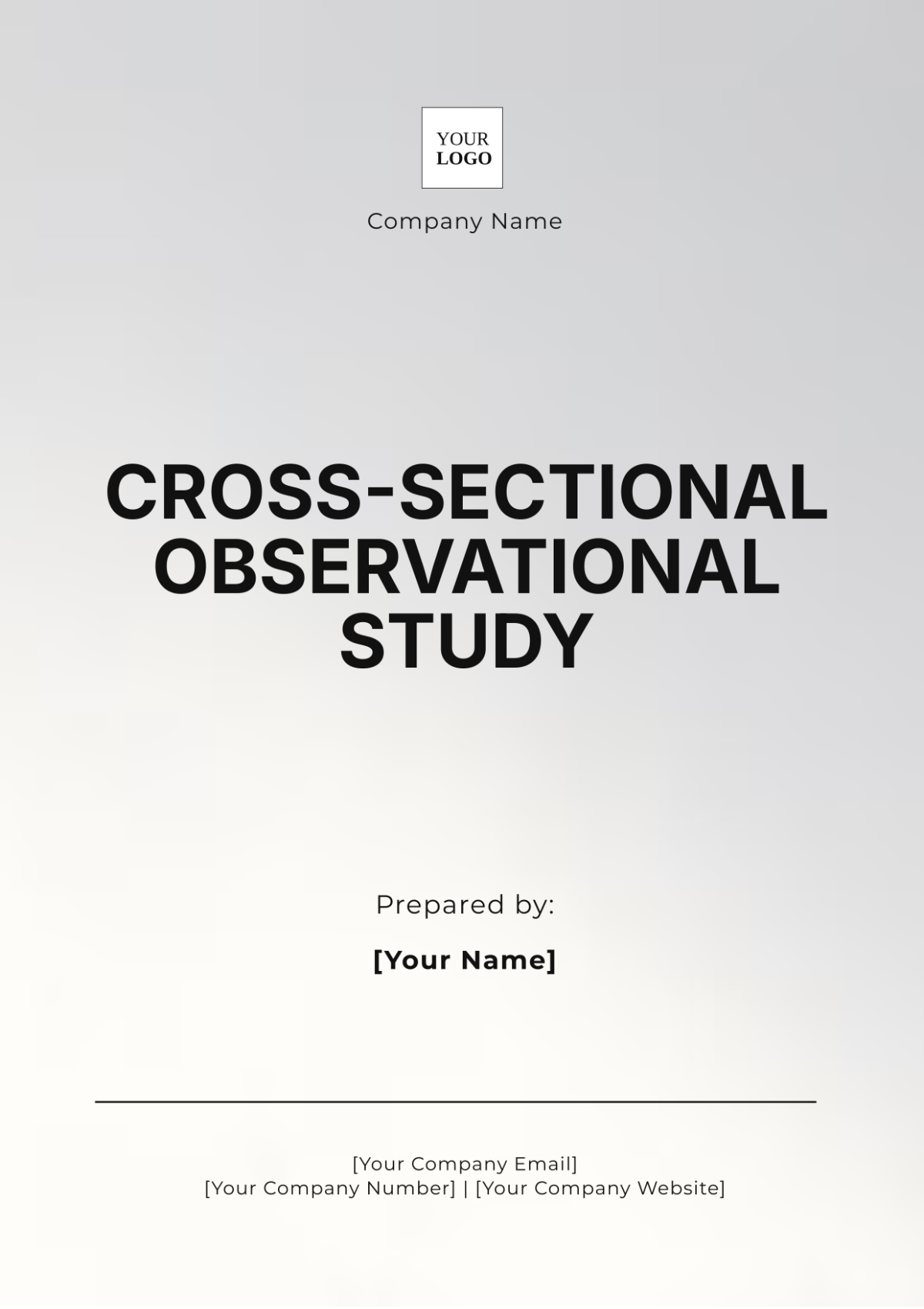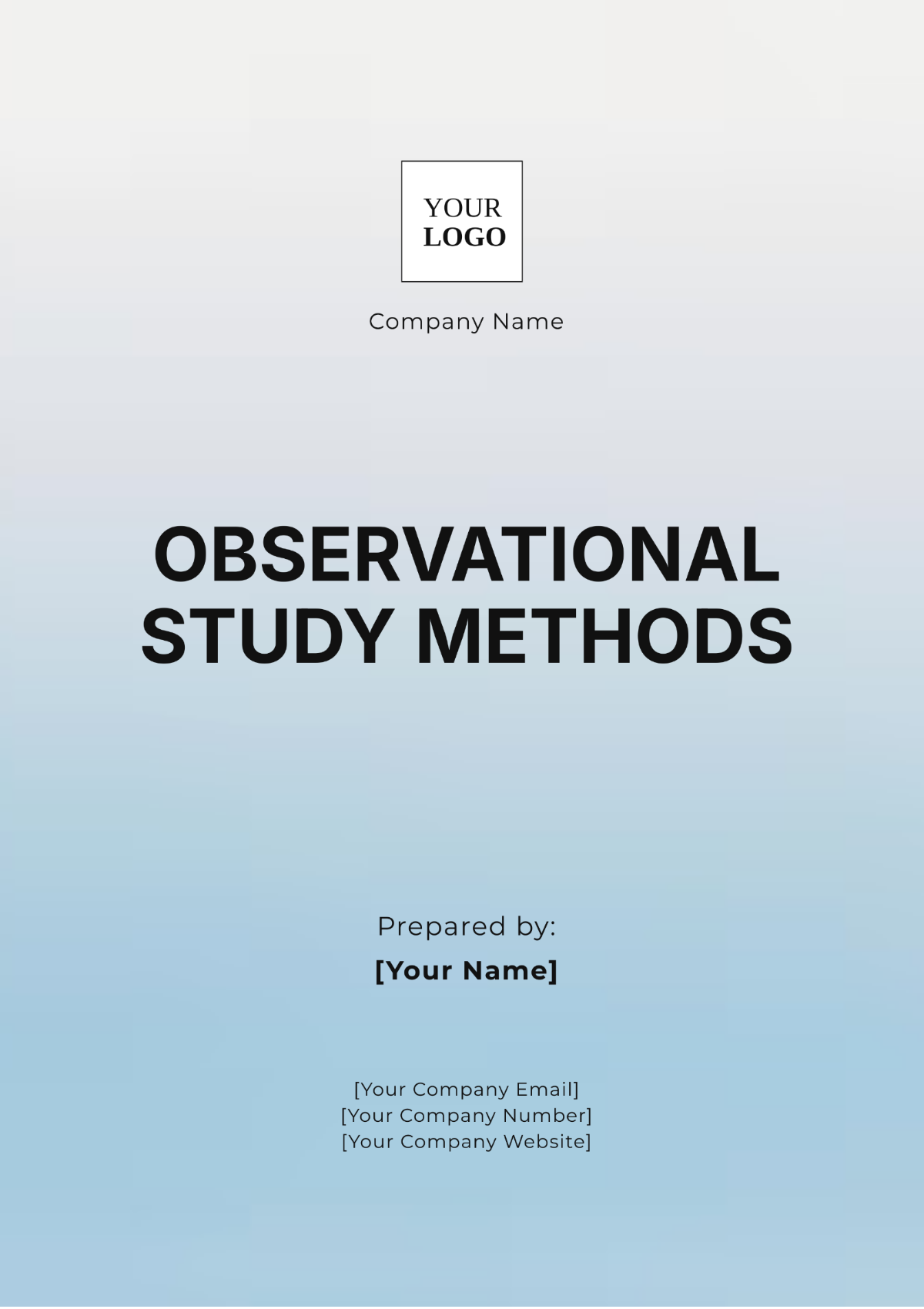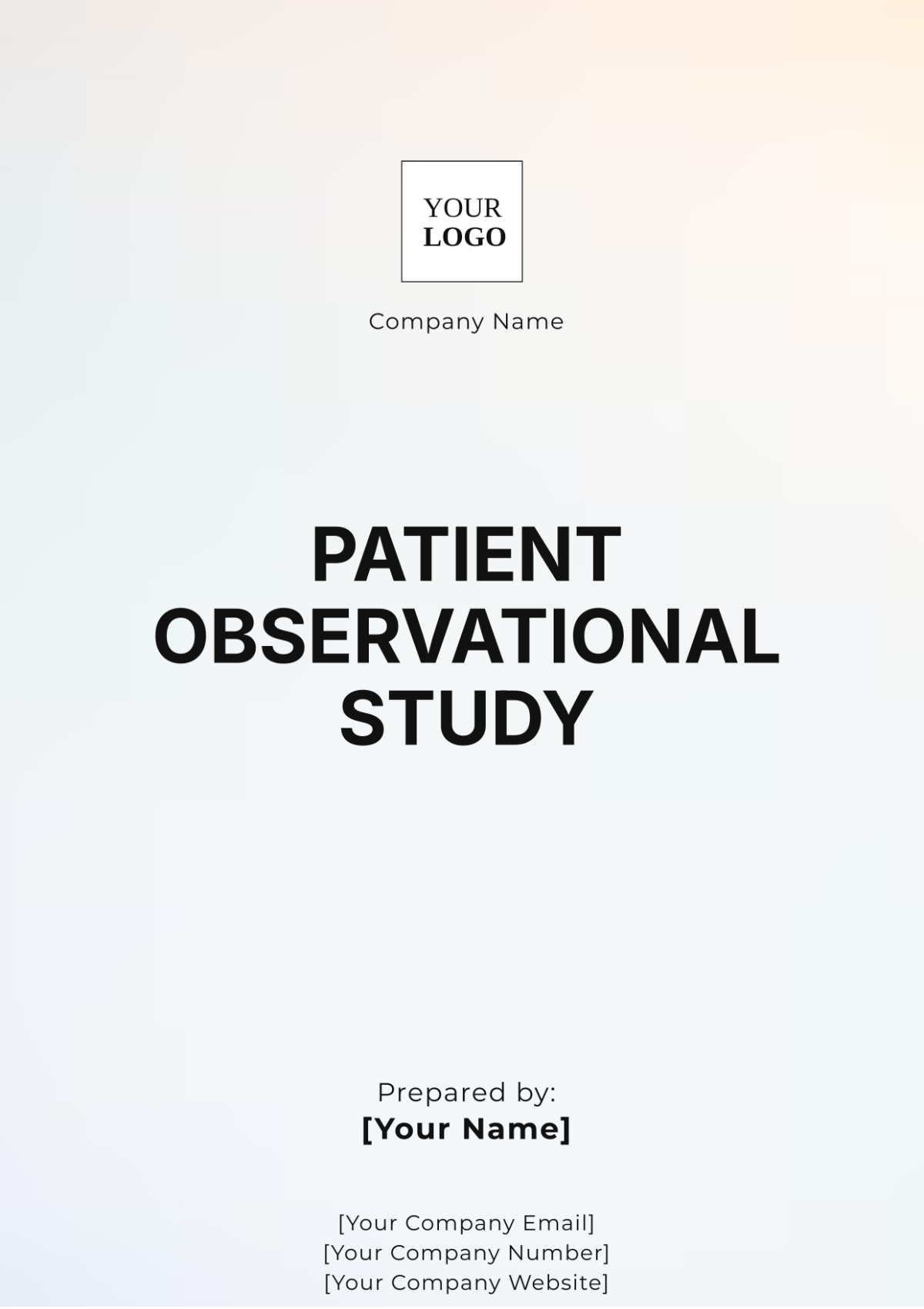Case Study Observational
Principal Investigator: [YOUR NAME]
Affiliation: [YOUR COMPANY NAME]
Date: [SUBMISSION DATE]
Introduction
In educational research, observational studies play a crucial role in understanding the dynamics of classroom interactions, the effectiveness of teaching strategies, and student behavior. This observational case study explores the use of teaching strategies in a high school English classroom, documenting interactions, student engagement, and learning outcomes. The focus is on real-time observations of a single teacher's methods over one week, offering insights into the effectiveness of specific approaches to education.
Study Purpose and Objectives
The primary goal of this study is to examine how various teaching strategies affect student participation and comprehension. Specifically, the objectives include:
Identifying the most frequently used teaching methods (e.g., lecturing, group work, inquiry-based learning).
Evaluating student engagement during these teaching strategies.
Assessing learning outcomes based on in-class quizzes and activities.
Methodology
Study Design
This case study is an observational, non-interventional study focusing on one classroom over a week. Data was collected through direct observation, student feedback, and analysis of student work. The research team followed an observational checklist to ensure that the data gathered was consistent across sessions.
Classroom Environment
Grade Level: 10th Grade
Subject: English Literature
Class Size: 25 students
Classroom Layout: Desks arranged in clusters of four to encourage group interaction
Teacher's Profile: 10 years of teaching experience, specialization in literature and creative writing
Observation Tools
The following tools were used to collect data:
Checklist for teaching strategies and student engagement
Field notes capturing spontaneous teacher-student interactions
Student work (quizzes, group presentations, writing assignments)
Post-class surveys were administered to students to gauge their perceptions of the lessons
Timeline of the Study
Day | Topic | Teaching Strategy | Key Focus |
|---|---|---|---|
Day 1 | Introduction to Shakespeare | Lecture and Class Discussion | Engaging students with literary analysis |
Day 2 | Understanding Themes in Hamlet | Group Work | Collaborative learning |
Day 3 | Character Analysis | Inquiry-Based Learning | Critical thinking |
Day 4 | Literary Devices | Interactive Activities (games) | Visual and auditory learning aids |
Day 5 | Class Debate on Hamlet's Morality | Student-Led Discussion | Fostering public speaking skills |
Results
Observational Findings
Engagement Levels (H3)
Teaching Strategy | Average Engagement | Notes |
|---|---|---|
Lecture and Class Discussion | Moderate | Students asked questions but participation was limited. |
Group Work | High | Students were actively discussing the themes in groups. |
Inquiry-Based Learning | High | Students worked independently and engaged with the material. |
Interactive Activities | Very High | Visual and auditory tools enhanced engagement. |
Student-Led Discussion | High | Students demonstrated critical thinking and leadership. |
Teacher-Student Interactions
The teacher employed several methods to interact with students, such as:
Direct Questioning: Encouraging individual students to think critically by asking open-ended questions.
Feedback During Activities: The teacher provided real-time feedback during group activities and interactive games, guiding students to stay on topic and think creatively.
Encouragement of Peer Teaching: During group work and student-led discussions, the teacher encouraged students to explain concepts to their peers, fostering peer-based learning.
Learning Outcomes
To measure the learning outcomes of the teaching strategies, in-class quizzes and activities were analyzed. Below is a summary of performance across the five days.
Day | Activity | Average Score (%) | Key Insights |
|---|---|---|---|
Day 1 | In-class quiz (Shakespeare basics) | 75% | Students had a basic understanding of the content. |
Day 2 | Group work analysis | 85% | Group interaction improved comprehension. |
Day 3 | Character analysis essay | 90% | Independent inquiry showed higher critical thinking. |
Day 4 | Interactive game results | 95% | Engaging tools reinforced key concepts effectively. |
Day 5 | Debate performance | 88% | Strong performance in public speaking and argumentation. |
Student Feedback
Post-class surveys indicated that students felt more engaged and motivated during activities that involved collaboration and interactive learning. A common sentiment was that lectures, while informative, did not hold their attention as well as more hands-on or participatory lessons.
Teaching Strategy | Positive Feedback (%) | Key Comments |
|---|---|---|
Lecture and Class Discussion | 60% | "I learned a lot, but it was hard to stay focused." |
Group Work | 90% | "Working with my peers helped me understand better." |
Inquiry-Based Learning | 85% | "It was fun figuring things out on my own." |
Interactive Activities | 95% | "The games made it easier to remember the terms." |
Student-Led Discussion | 80% | "I enjoyed hearing what my classmates had to say." |
Discussion
Effectiveness of Teaching Strategies
The study found that interactive activities and group work were the most effective in promoting student engagement and learning outcomes. These methods allowed for active participation, which appeared to enhance comprehension and retention. Inquiry-based learning also fostered critical thinking and independent problem-solving skills.
Lectures, while effective in delivering large amounts of information, were less engaging for students. The teacher's strategy of pairing lectures with class discussions helped maintain some level of participation, but overall engagement was lower compared to other methods.
Implications for Teaching Practice
Based on the findings, teachers should consider incorporating more interactive and collaborative methods into their lessons. While lectures are important for delivering foundational knowledge, supplementing them with activities that require active student participation may lead to better engagement and learning outcomes. This aligns with modern educational theories that emphasize student-centered learning and the importance of varied teaching strategies.
Recommendations
Increase use of group work: Collaborative learning fosters peer interaction and enhances comprehension.
Incorporate more visual and auditory aids: Interactive tools such as games and multimedia presentations improve engagement.
Blend lectures with discussions: To maintain attention during lectures, teachers should frequently pause for class discussions or questions.
Conclusion
This case study demonstrates the significant impact that varied teaching strategies can have on student engagement and learning outcomes. By observing and analyzing the classroom environment, it becomes evident that active, student-centered methods like group work and interactive activities lead to higher levels of engagement and better comprehension than traditional lectures alone. These findings suggest that educators should strive for a balanced approach, integrating multiple teaching strategies to address diverse learning styles and needs.
References
Brown, H. D. (2050). Teaching by Principles: An Interactive Approach to Language Pedagogy. Pearson Education.
Marzano, R. J., Pickering, D. J., & Pollock, J. E. (2051). Classroom Instruction That Works: Research-Based Strategies for Increasing Student Achievement. ASCD.
Vygotsky, L. S. (2052). Mind in Society: The Development of Higher Psychological Processes. Harvard University Press.


